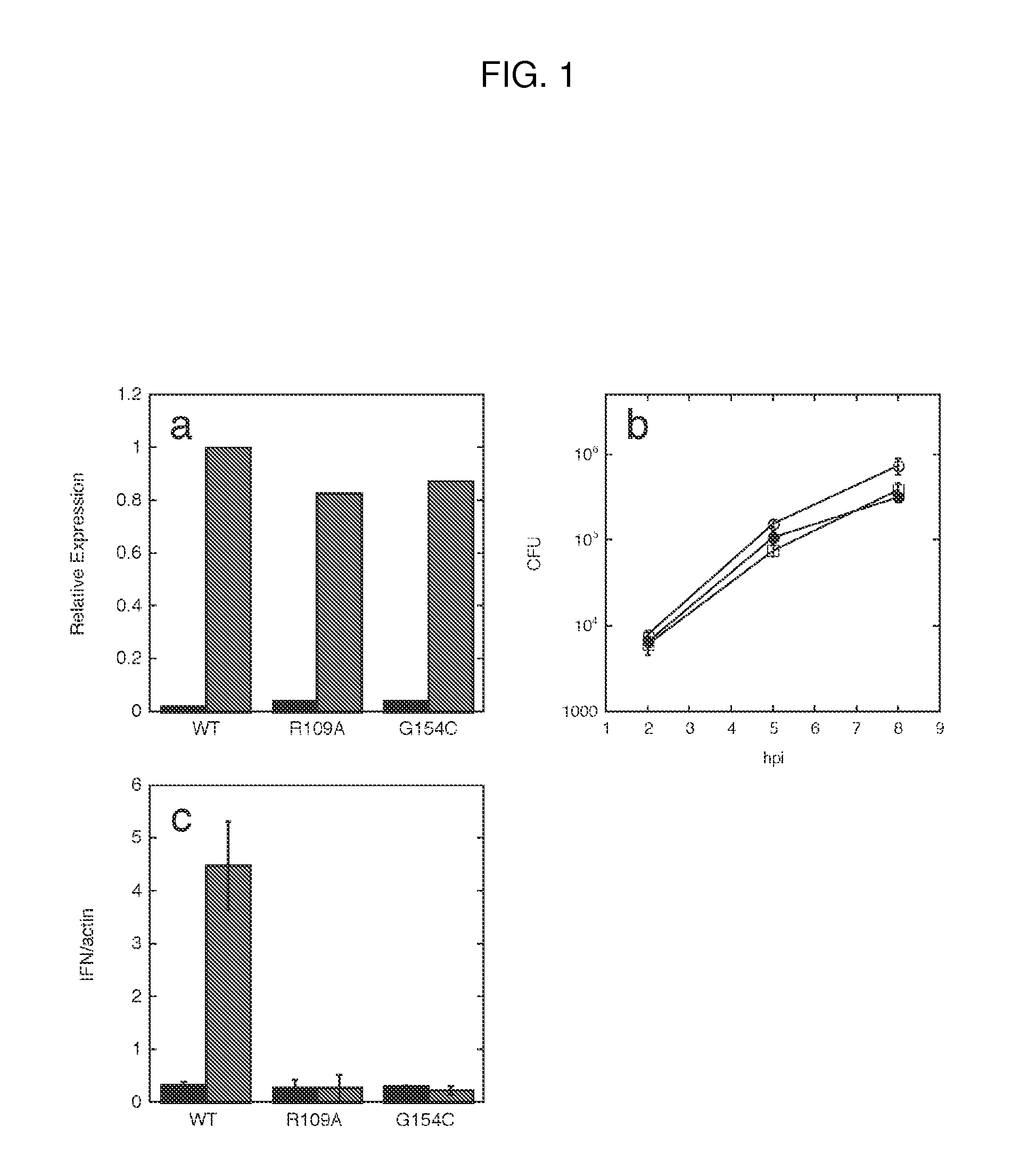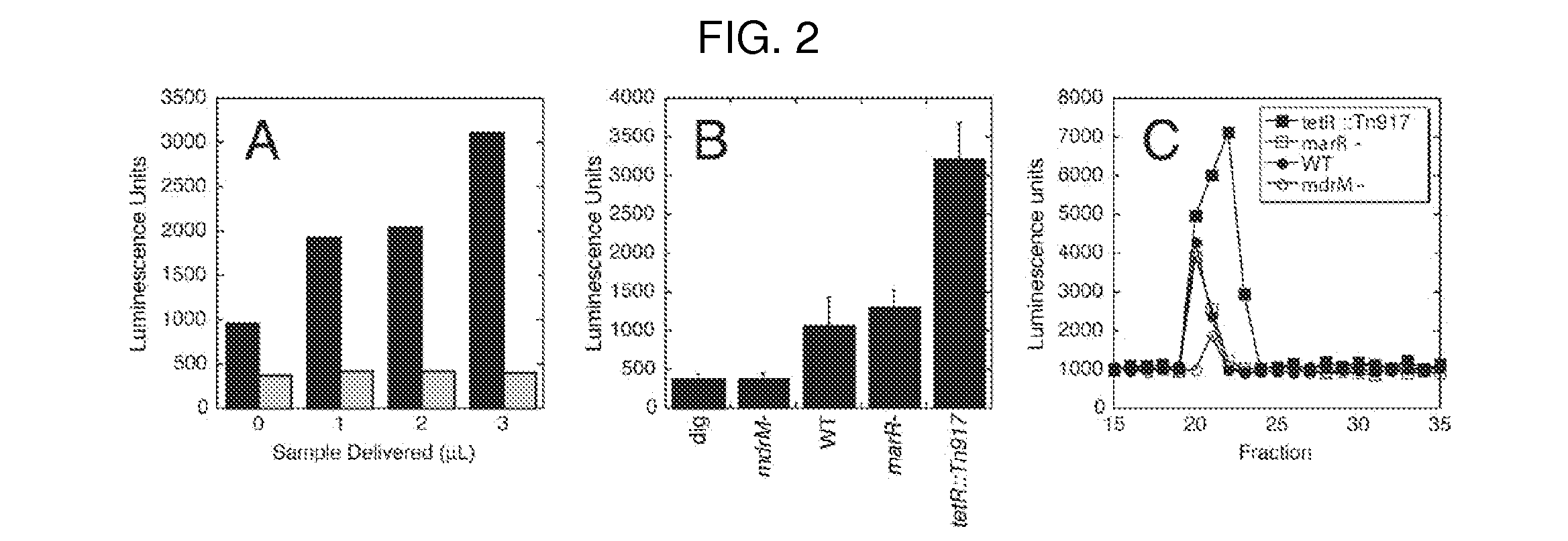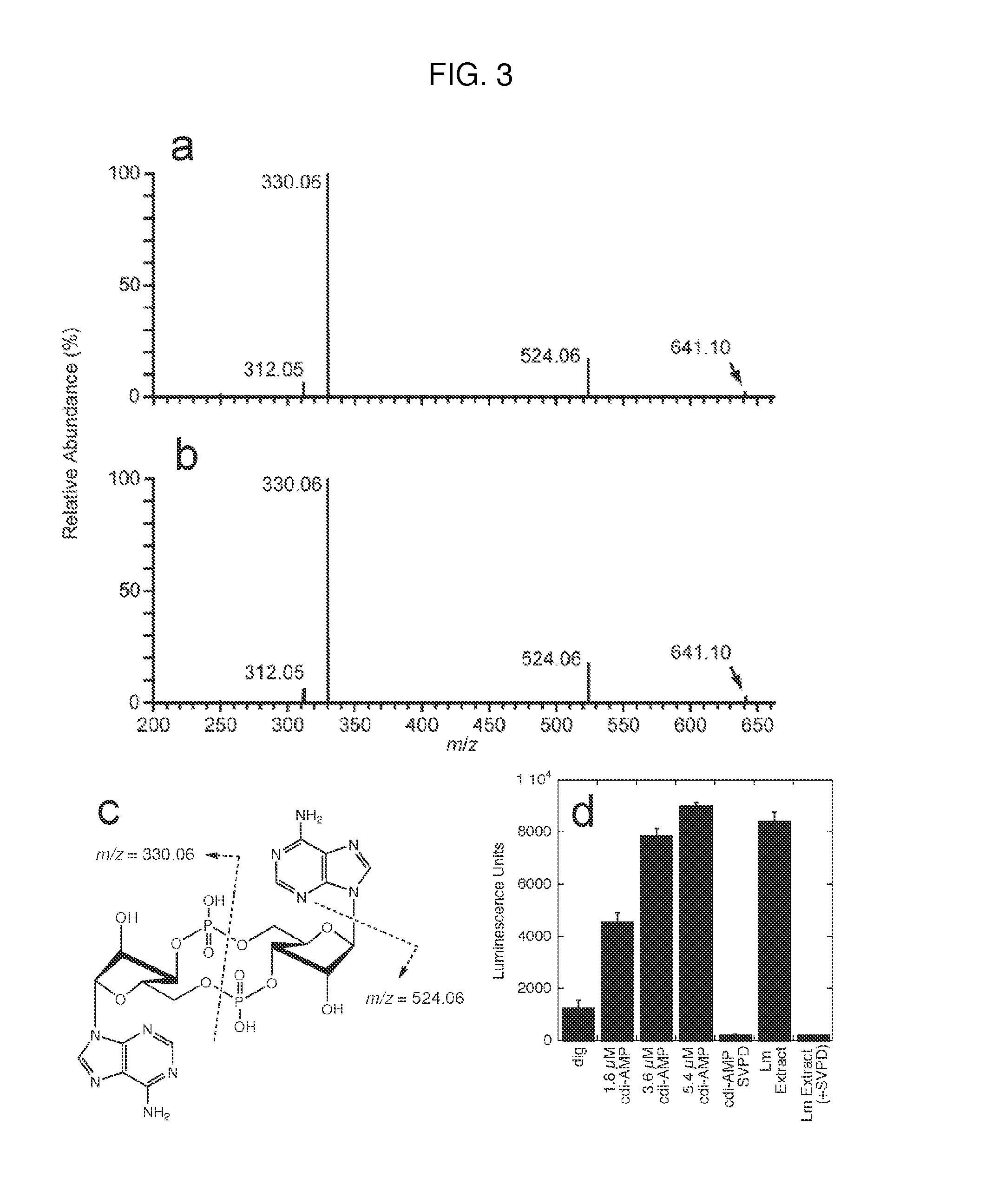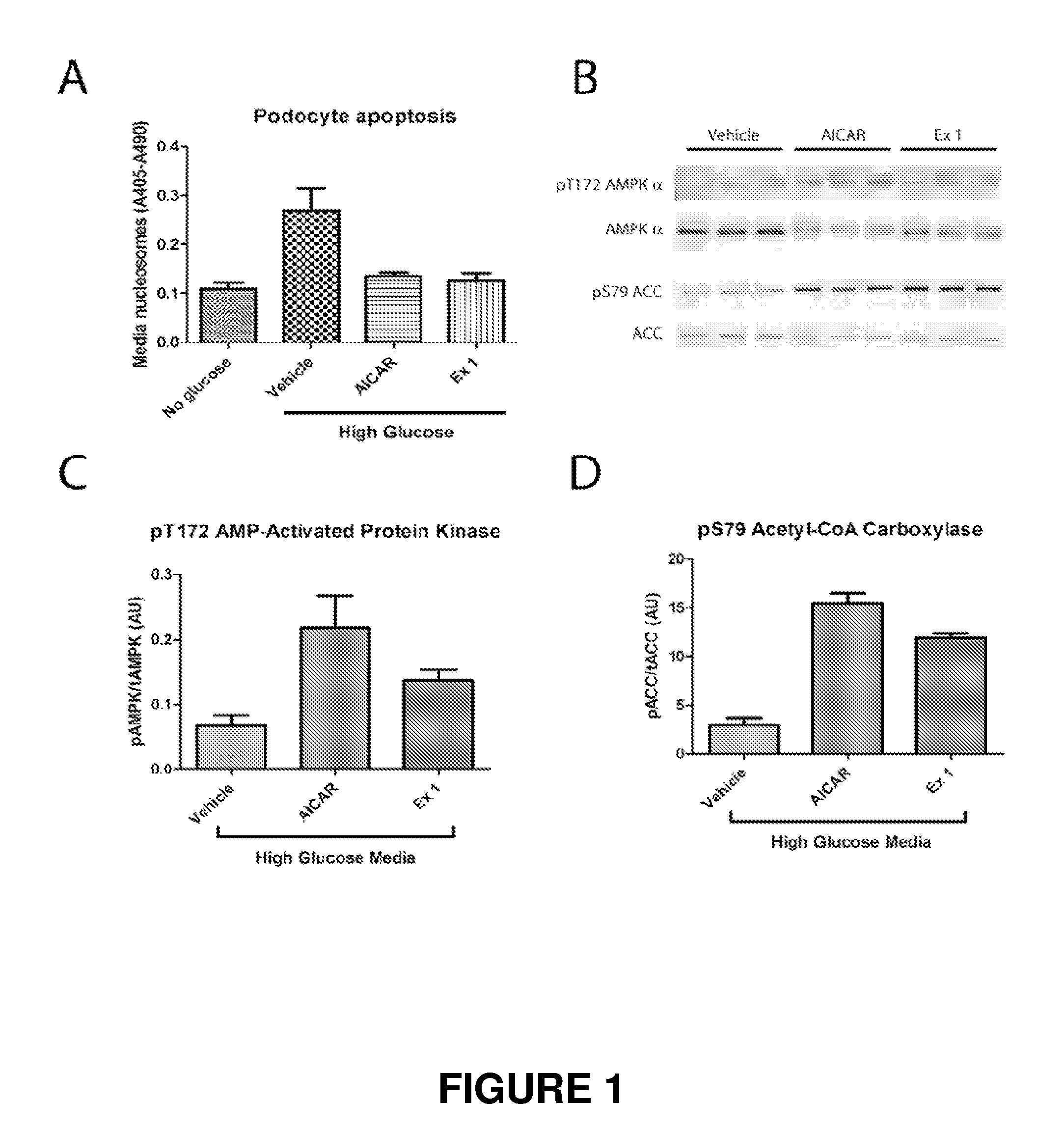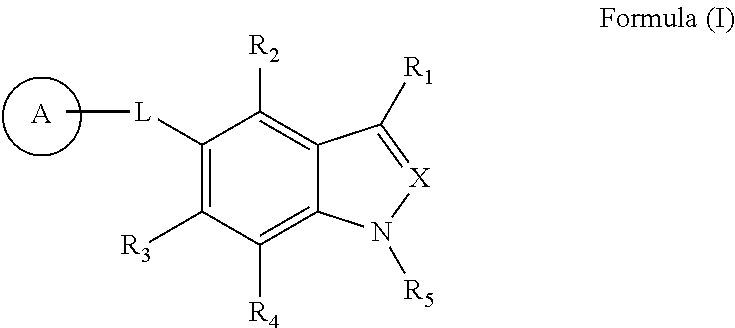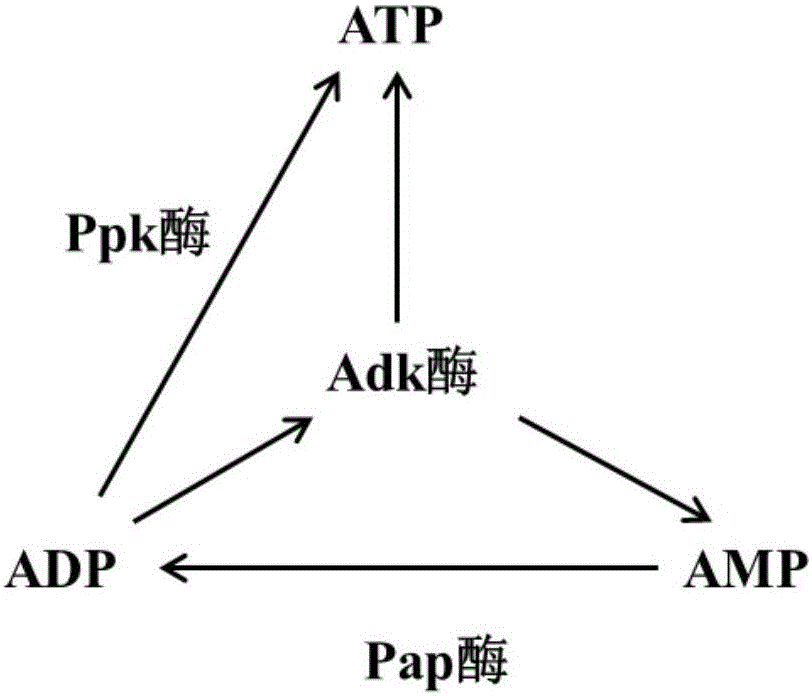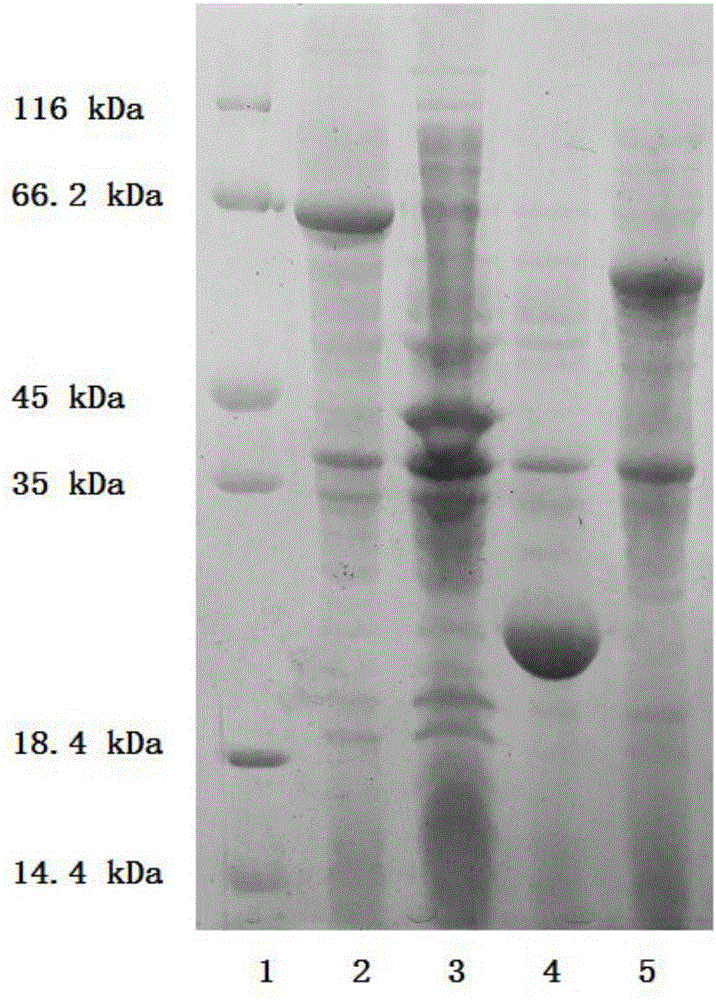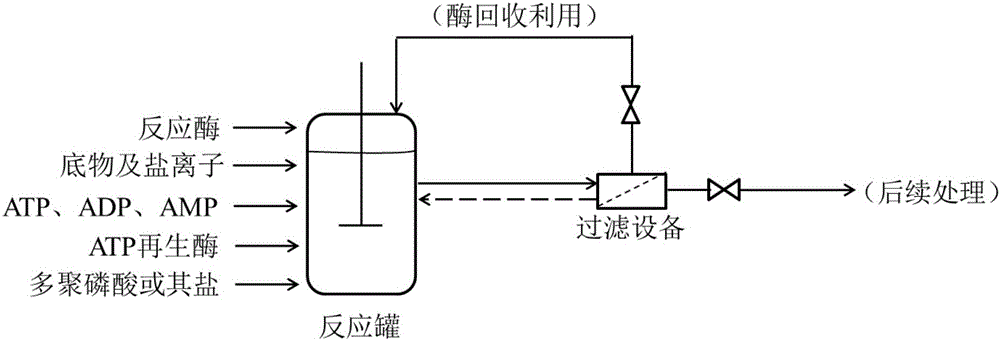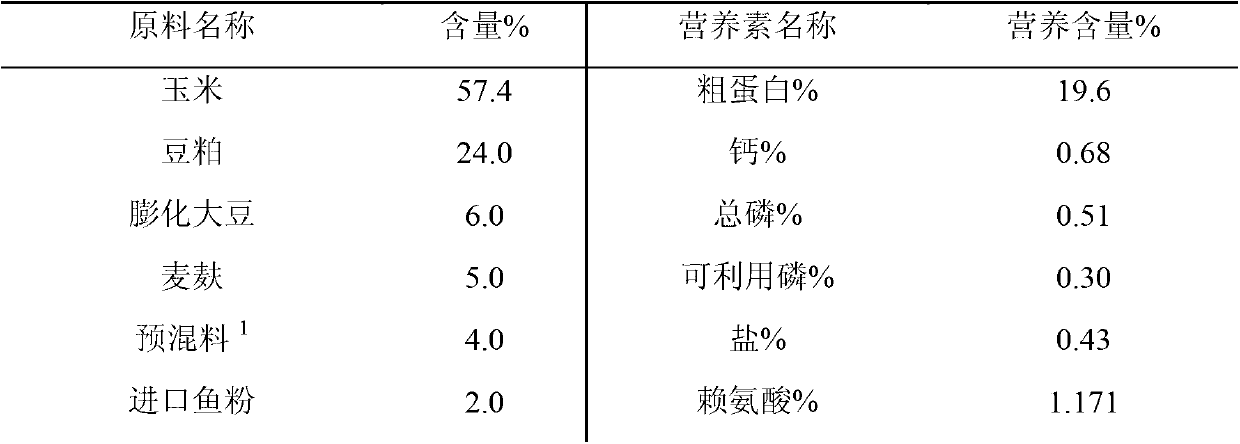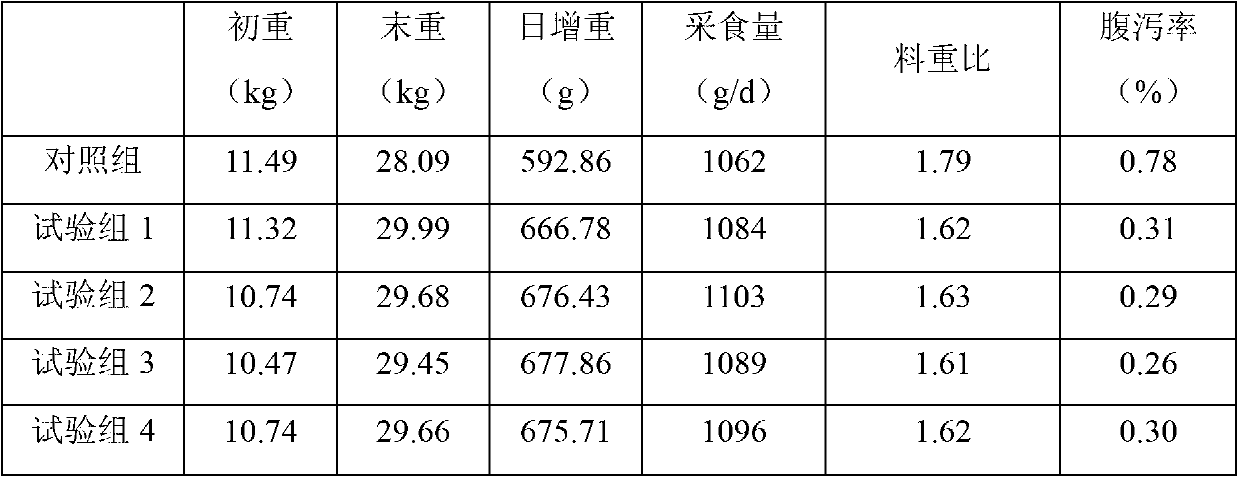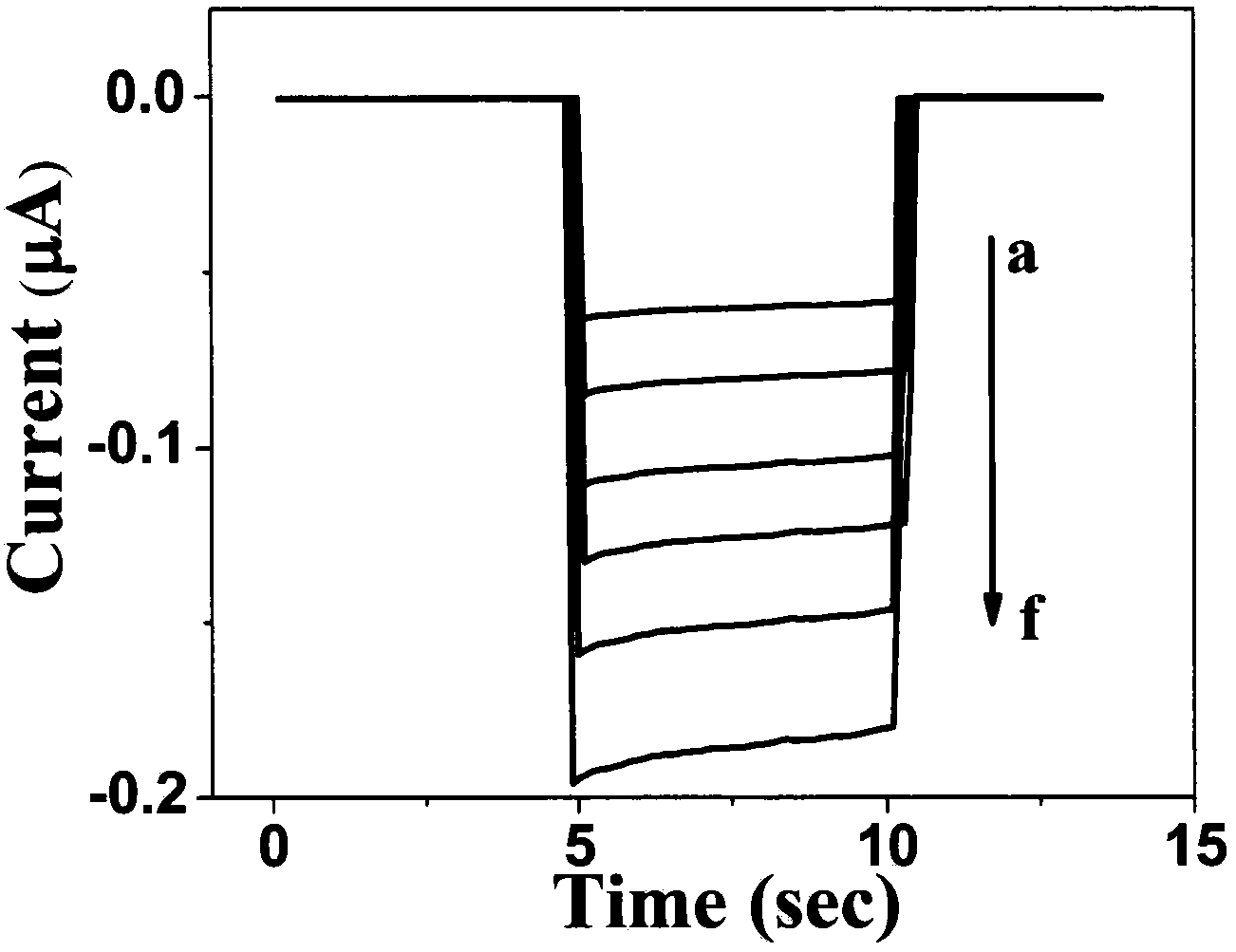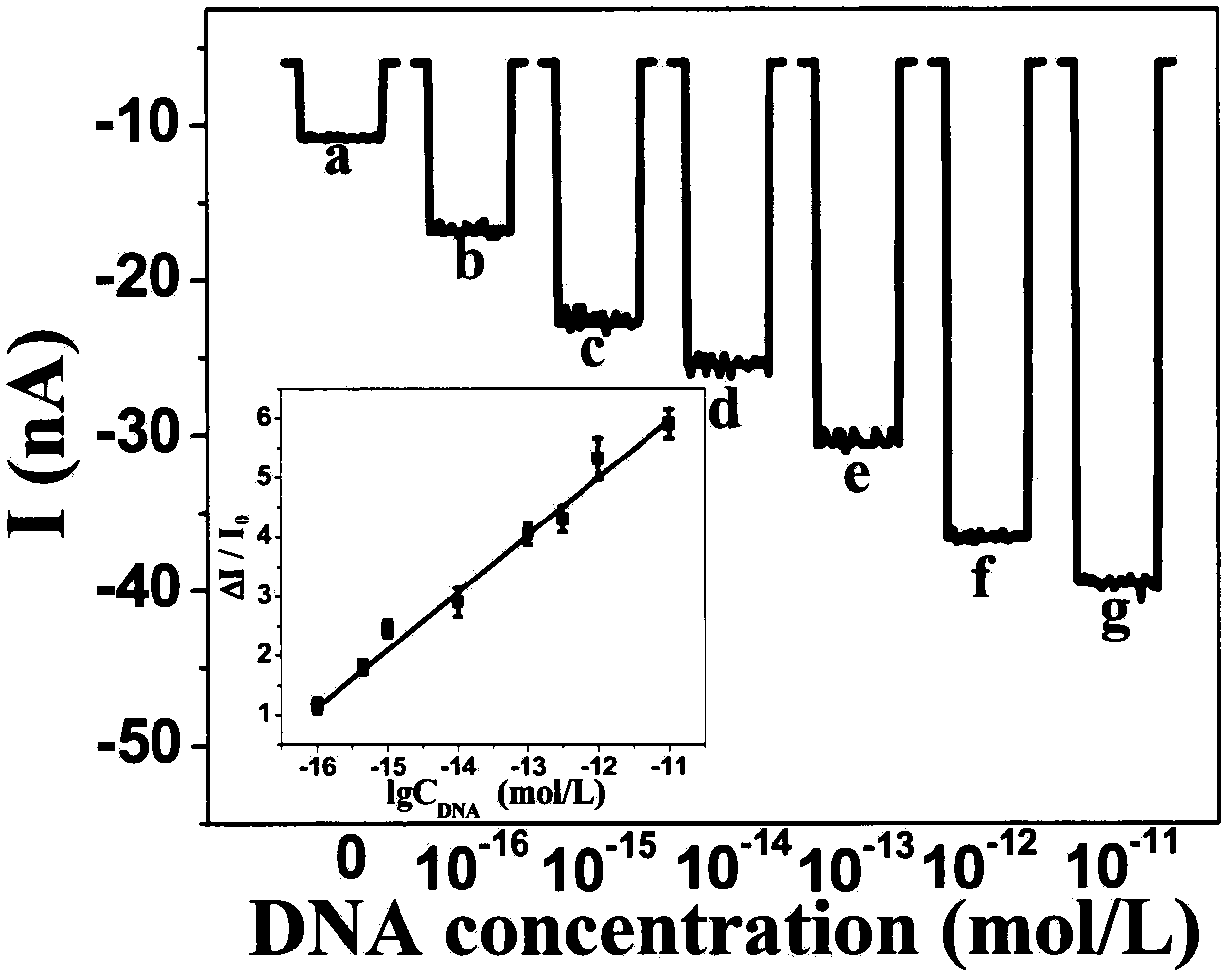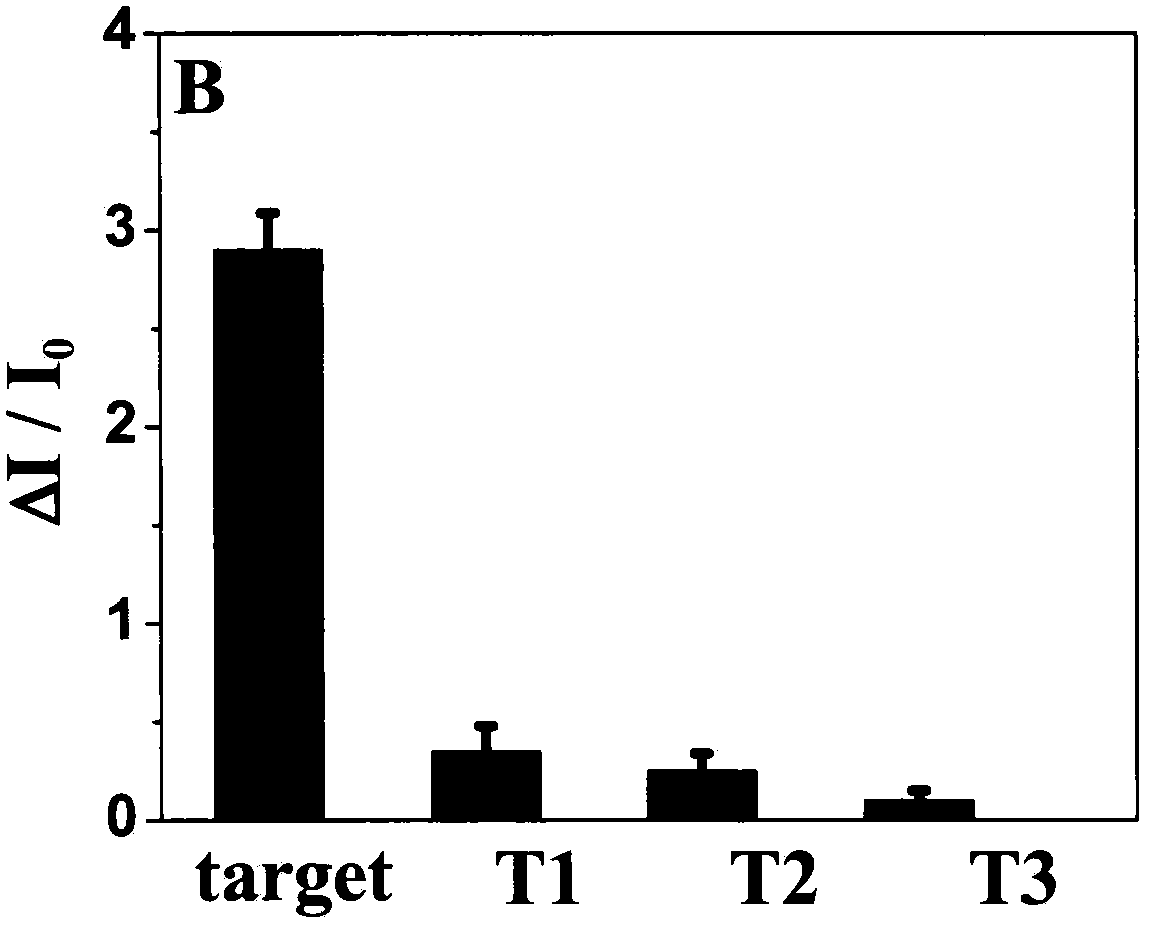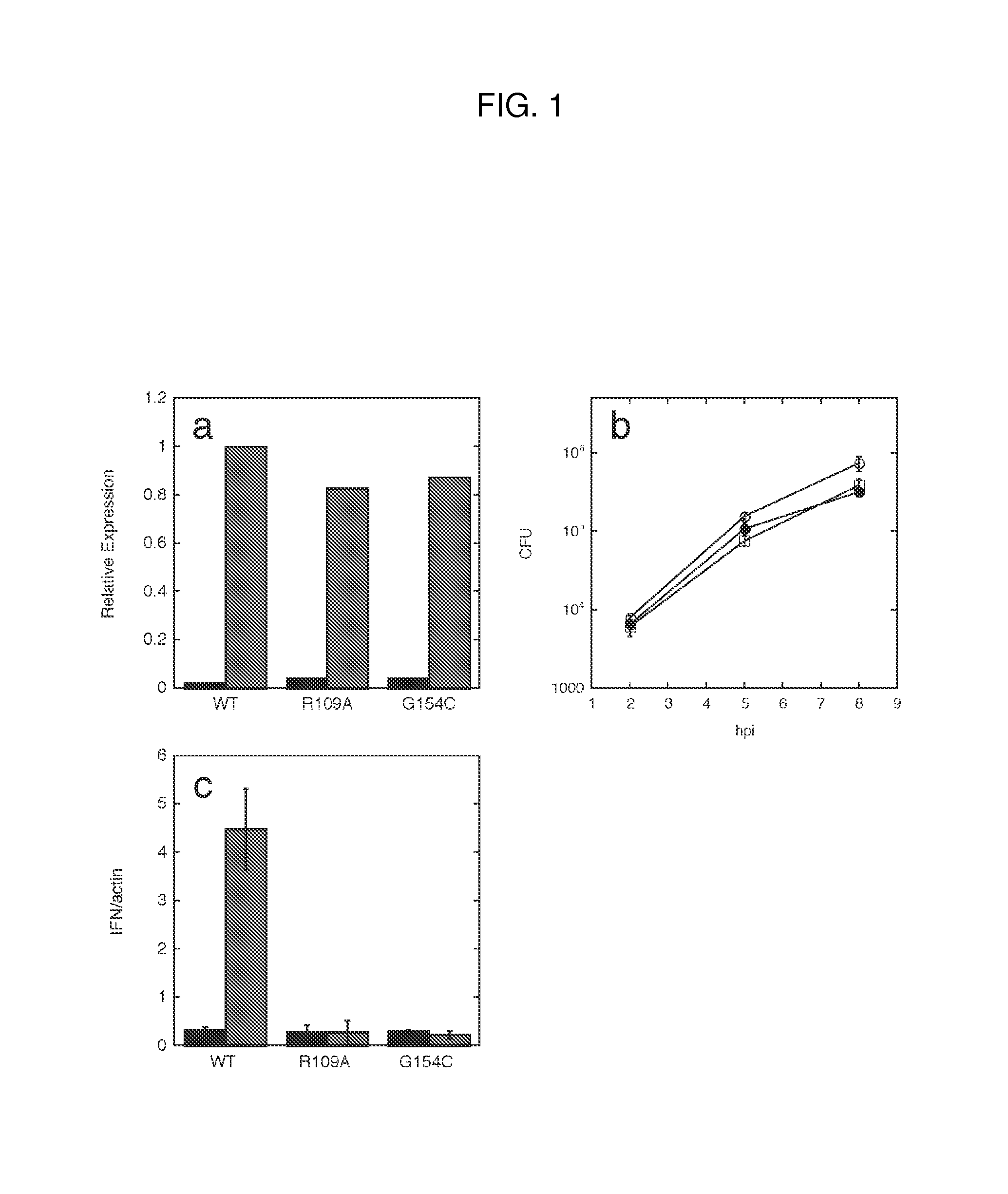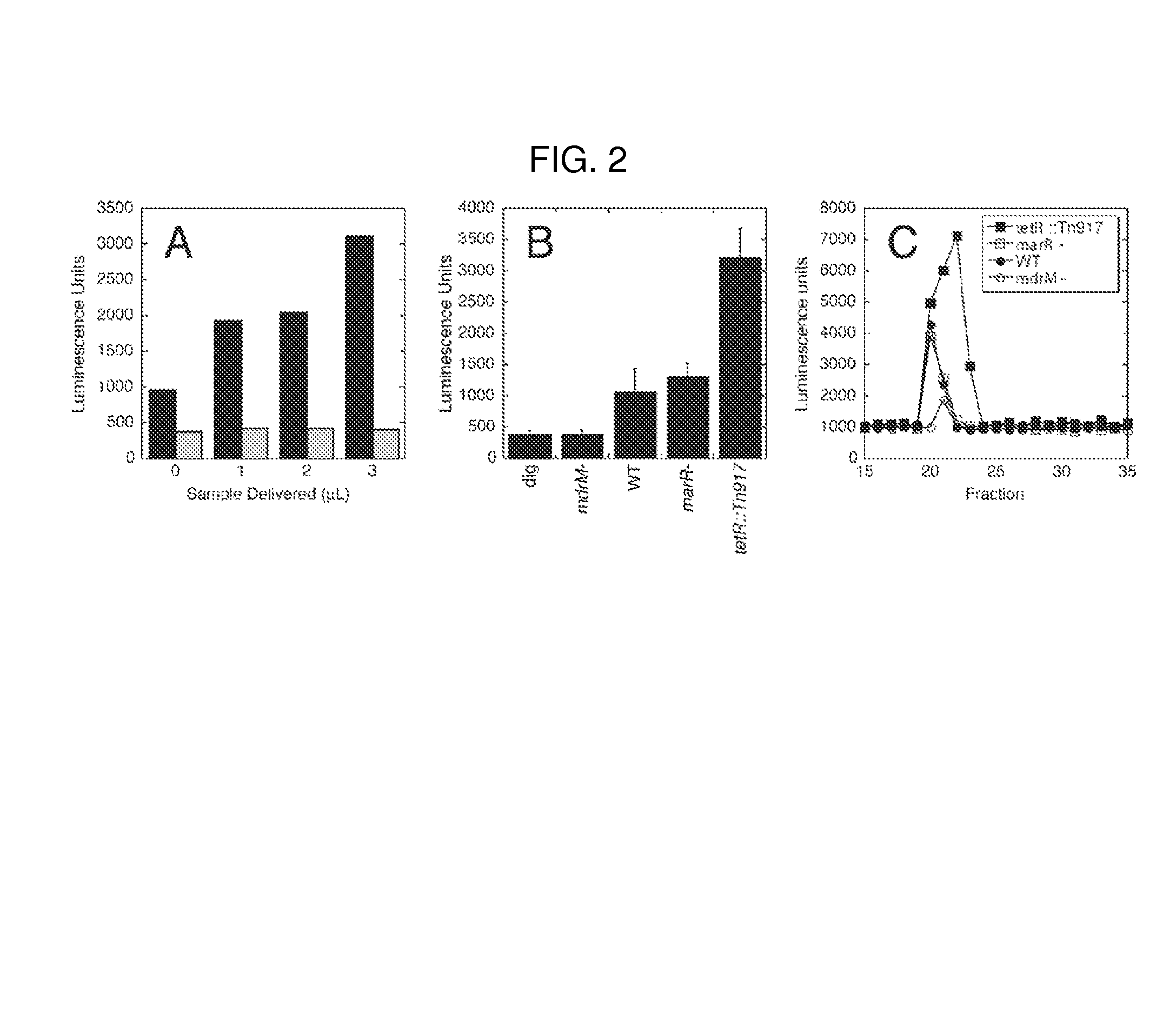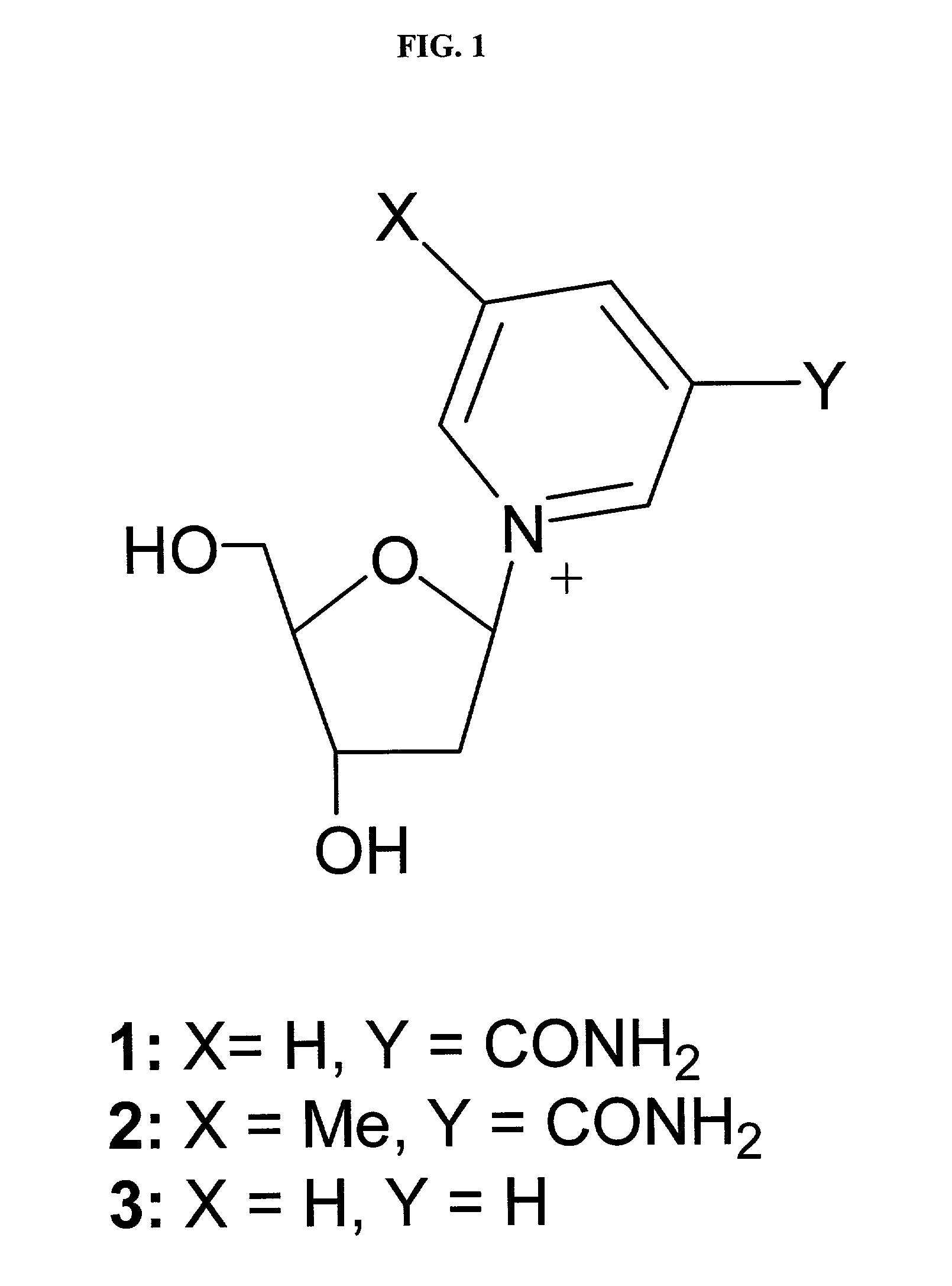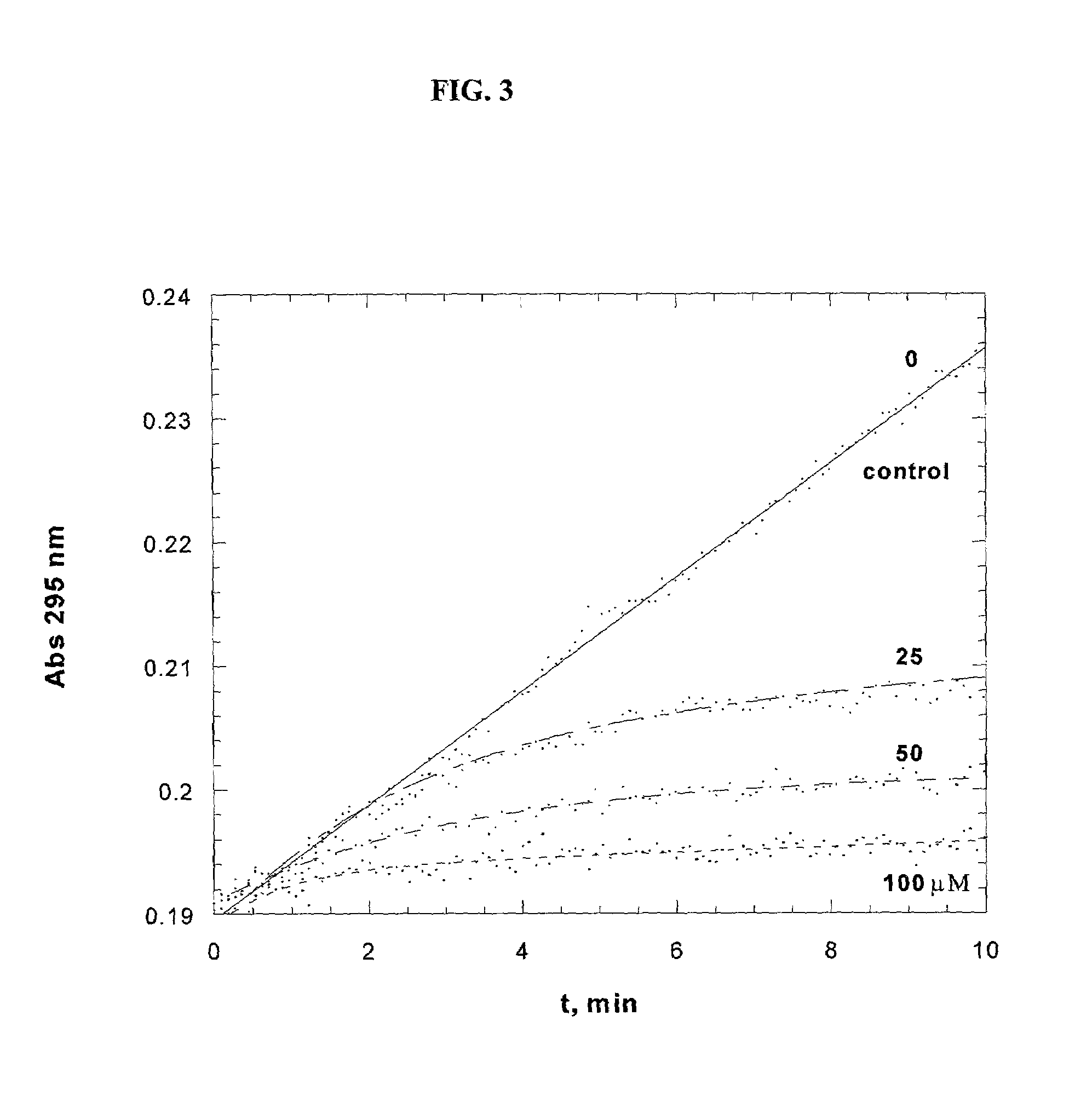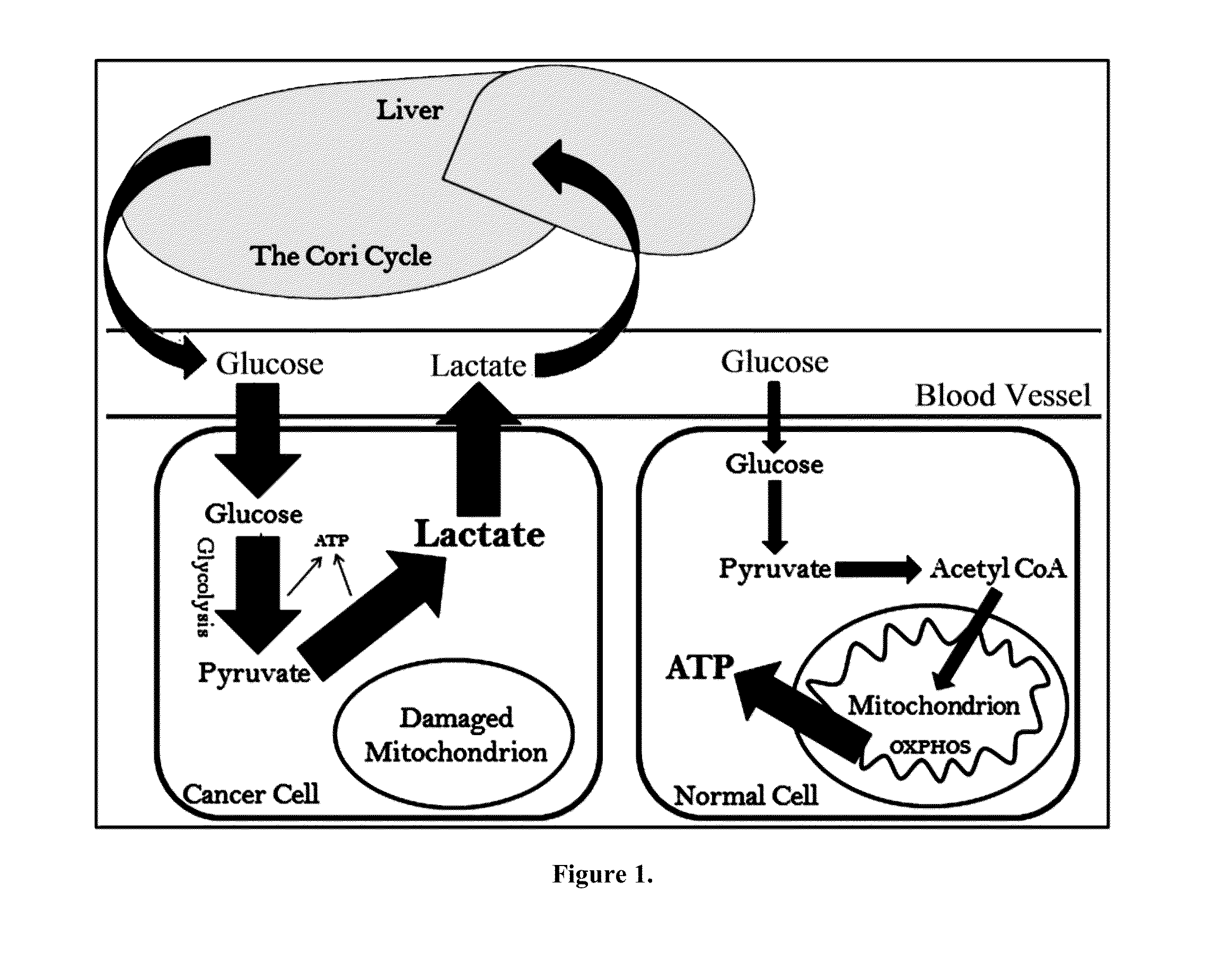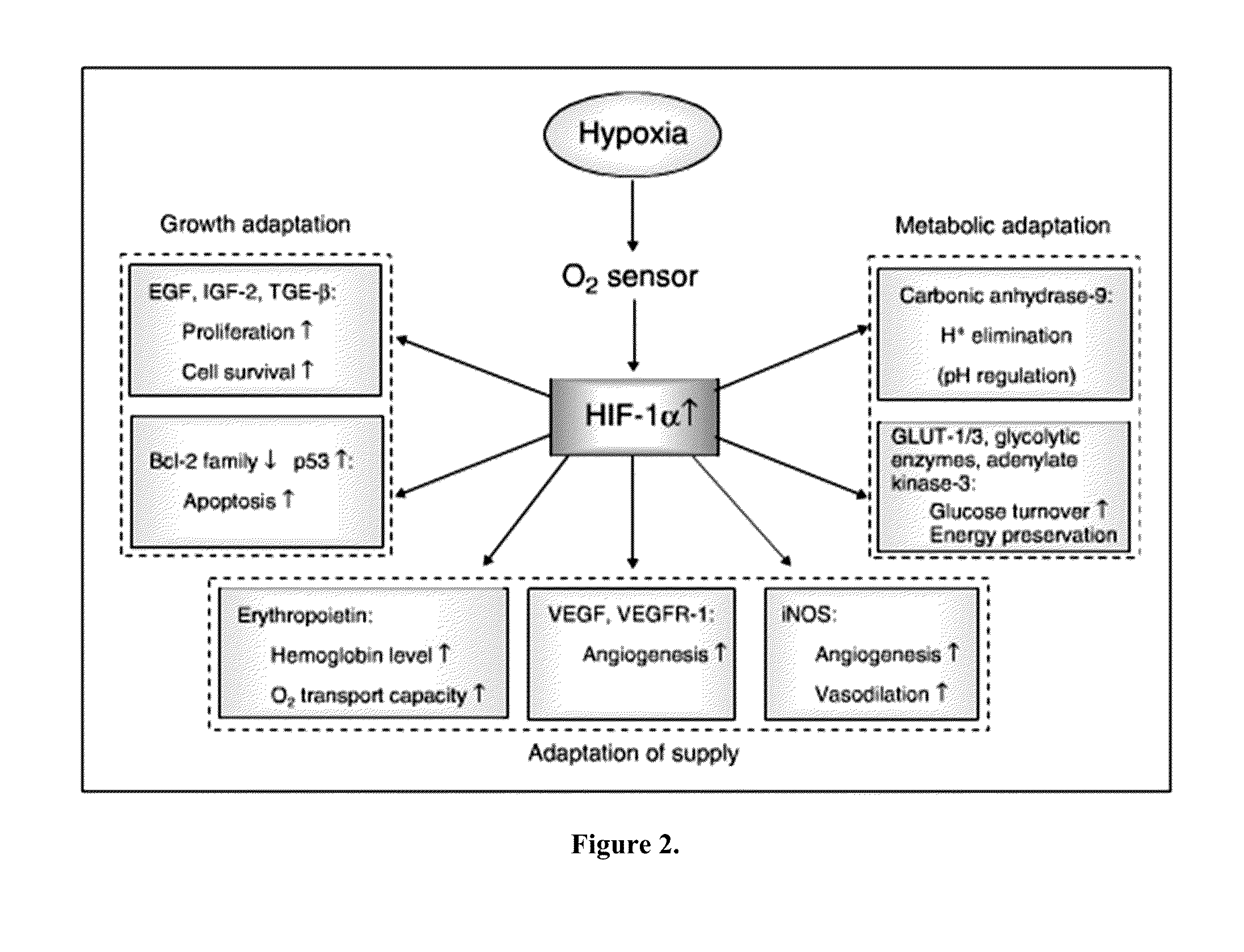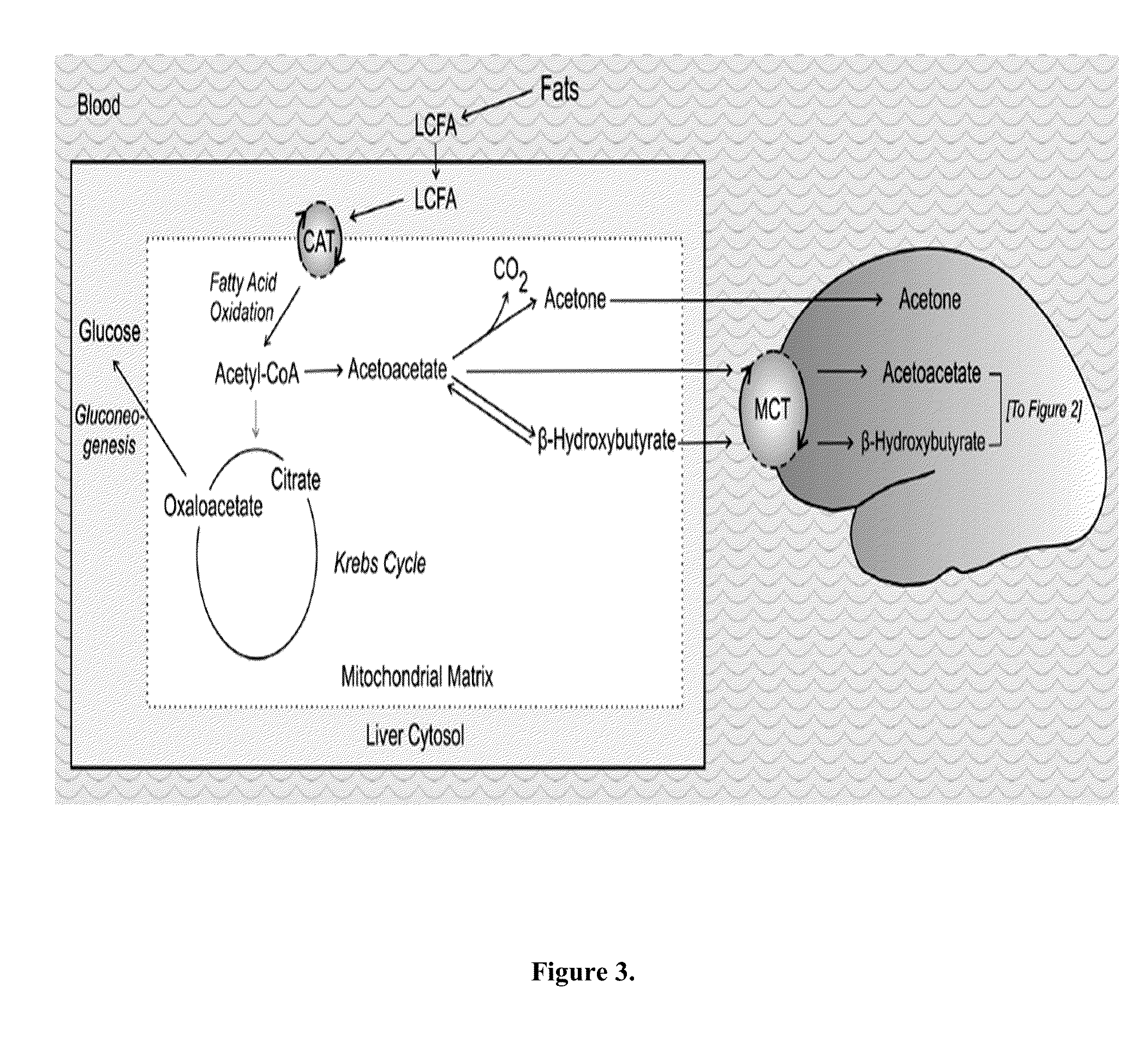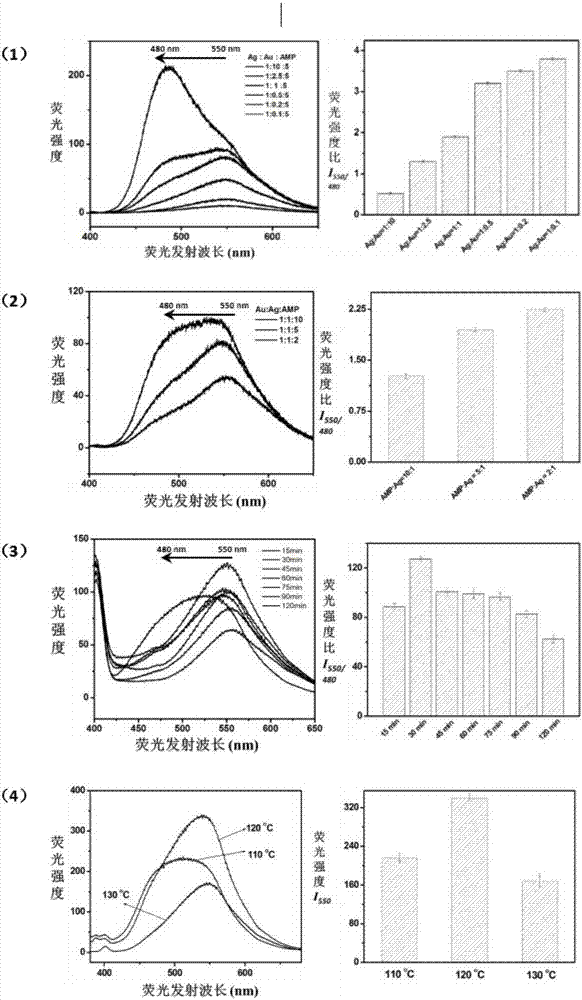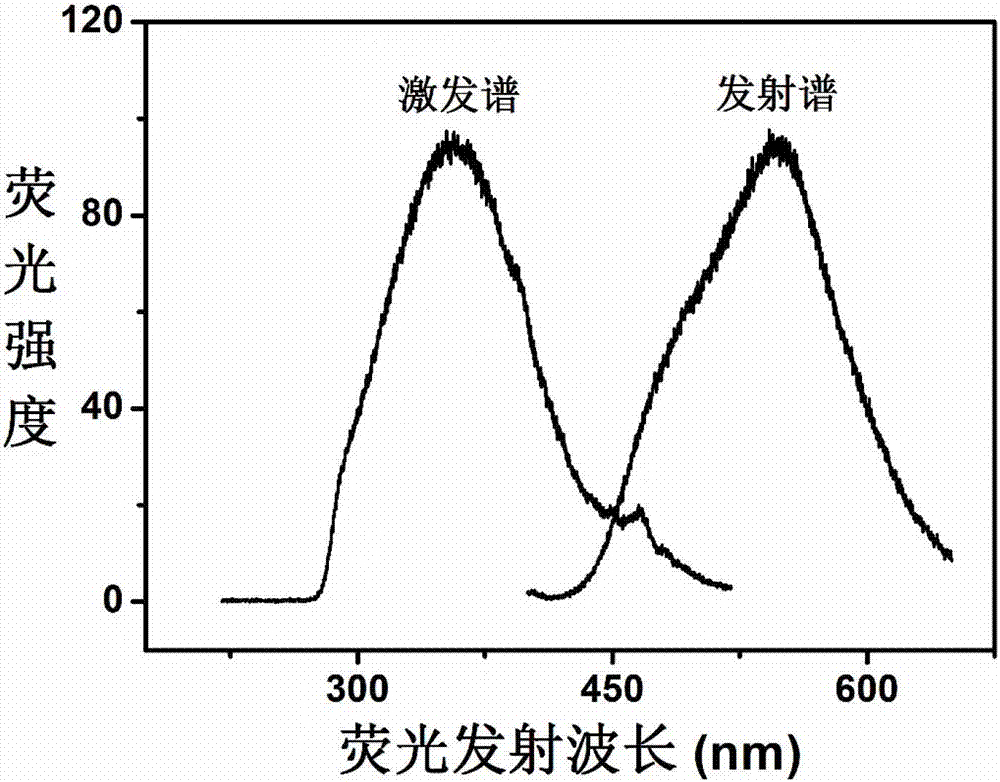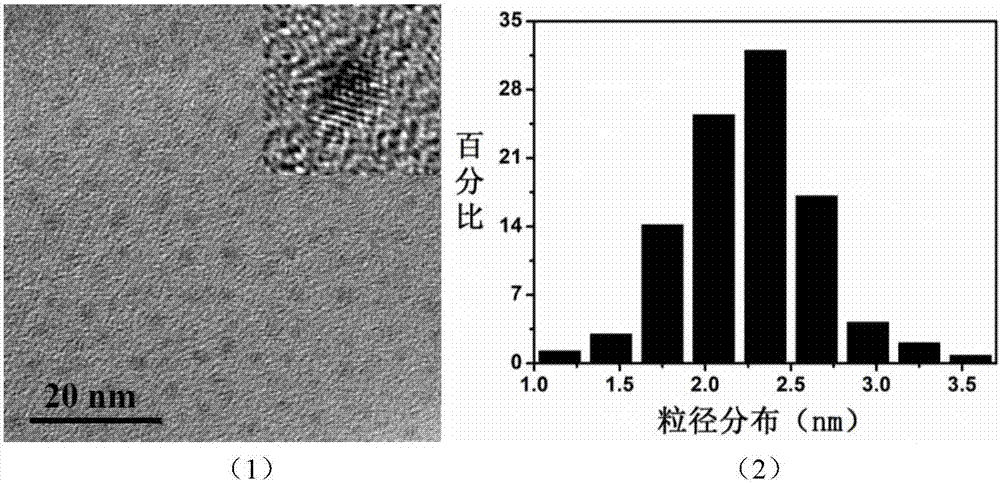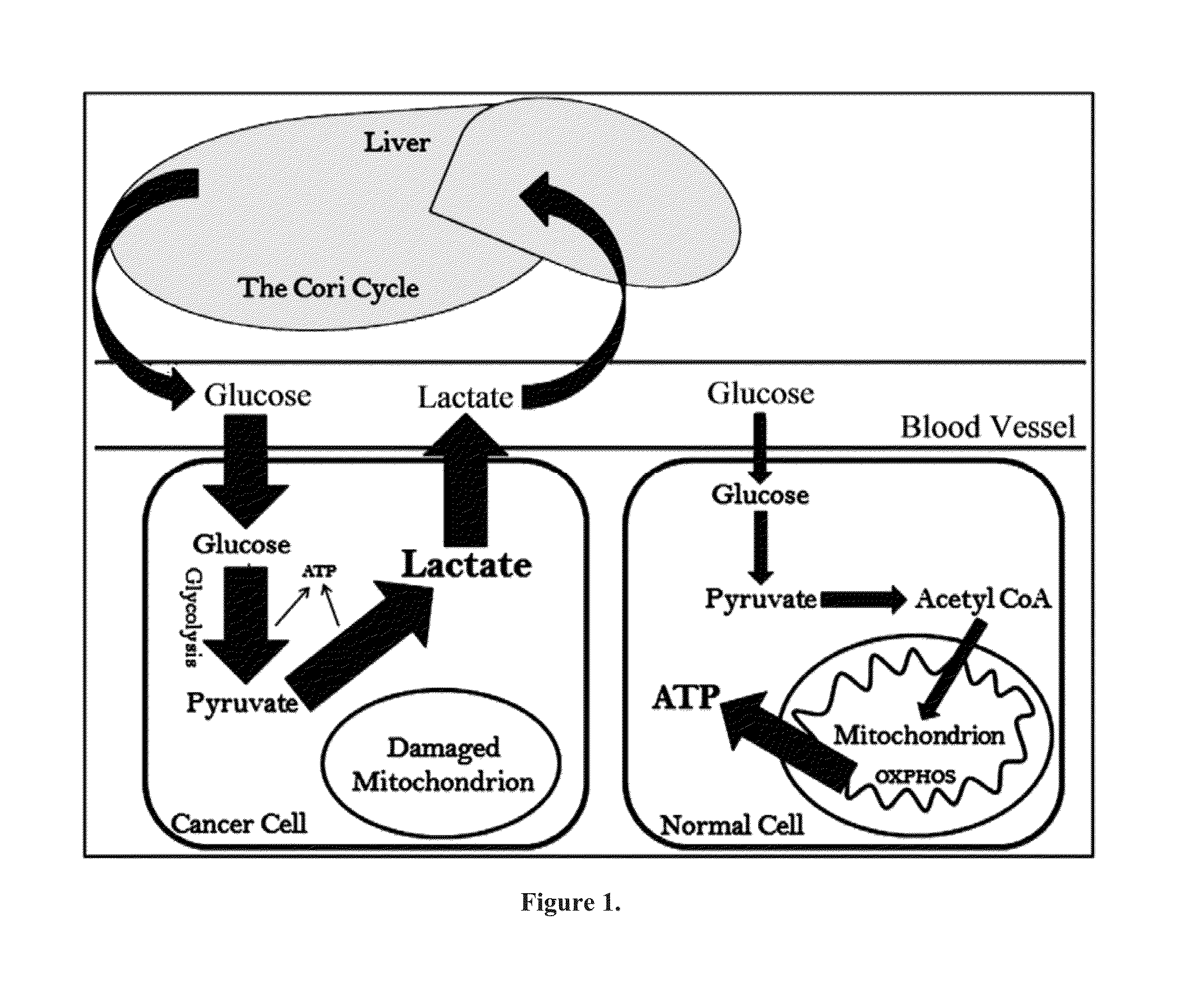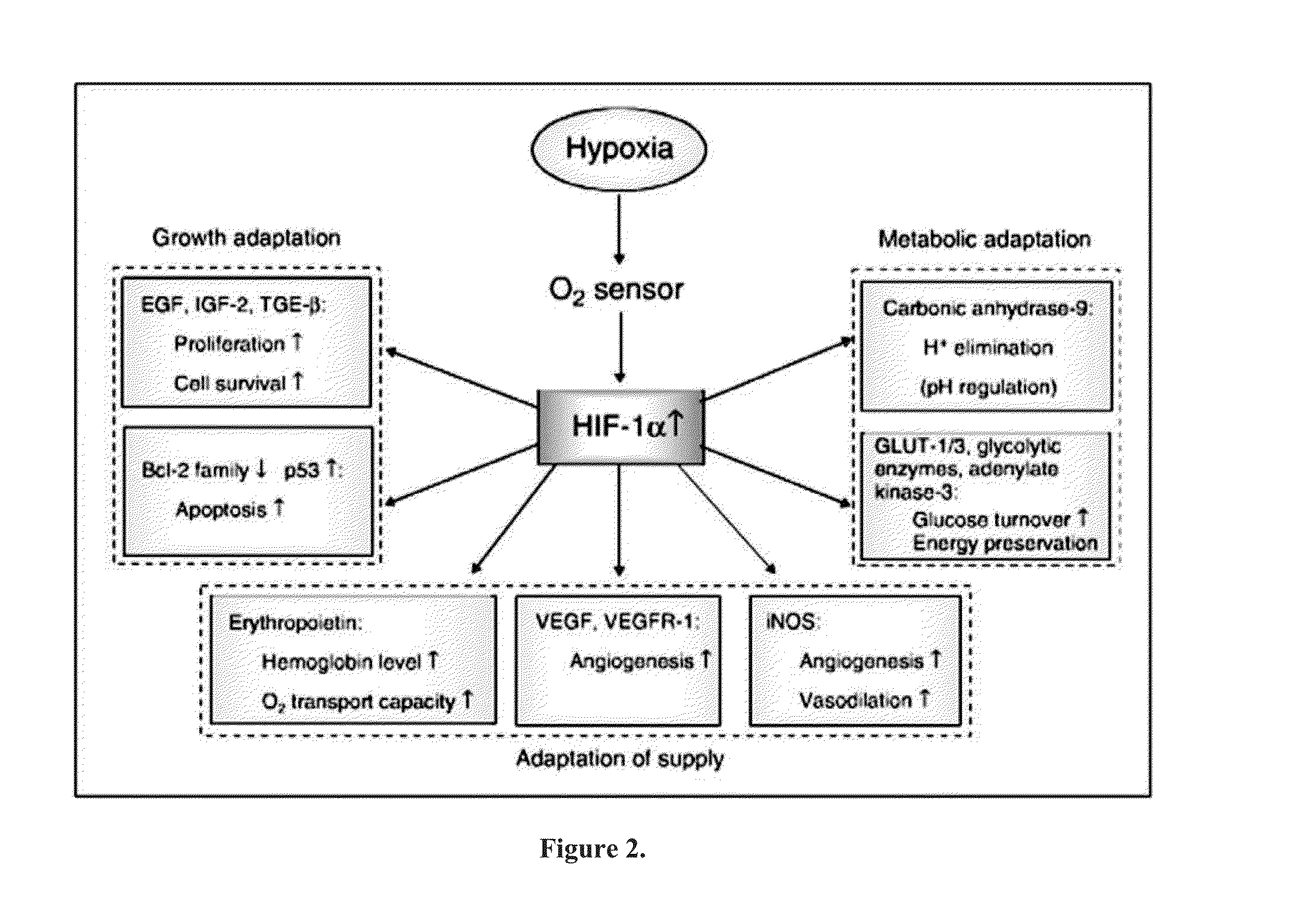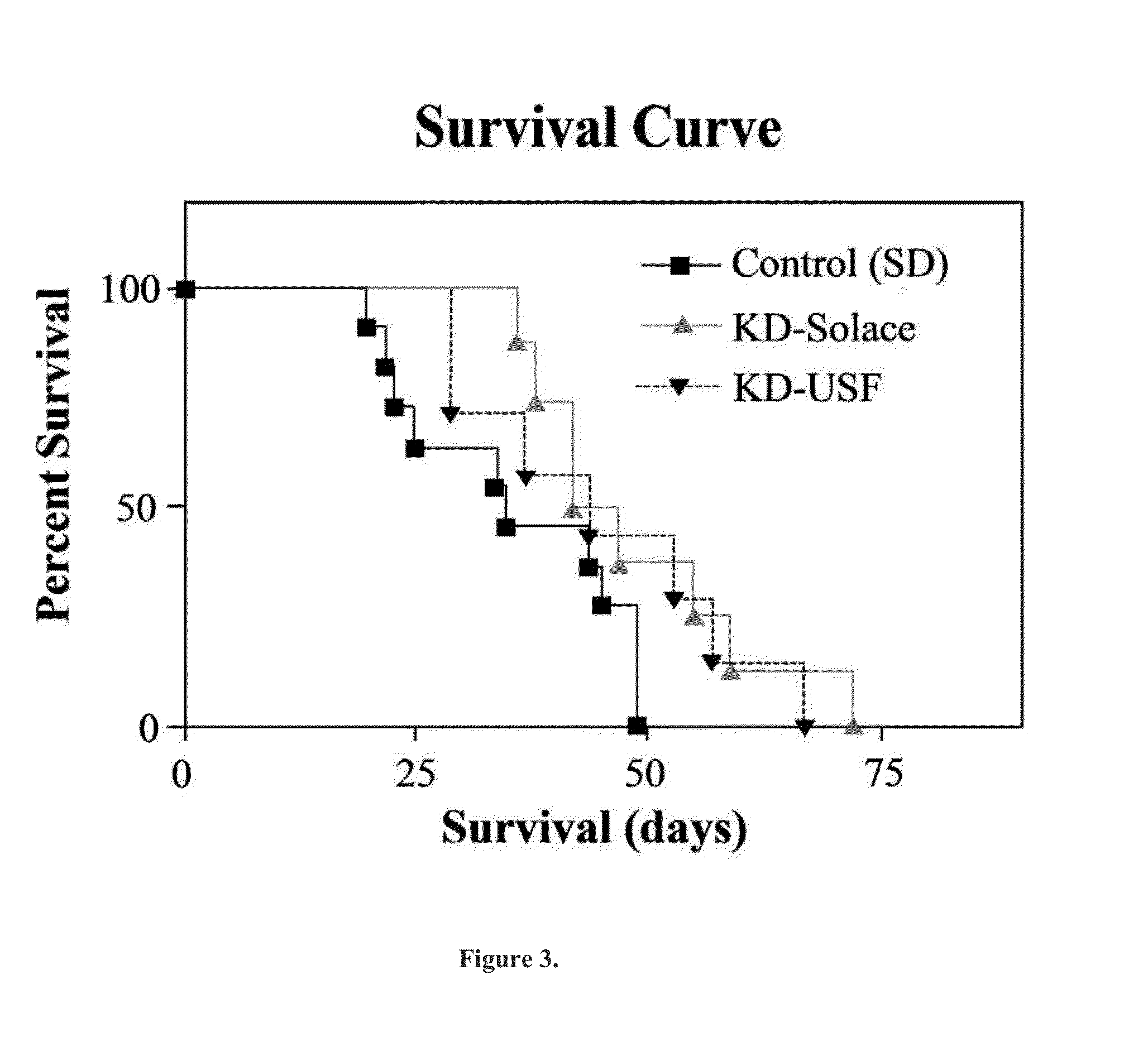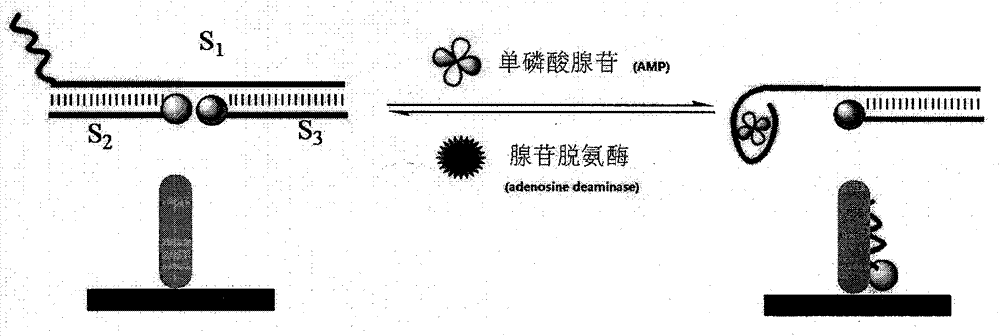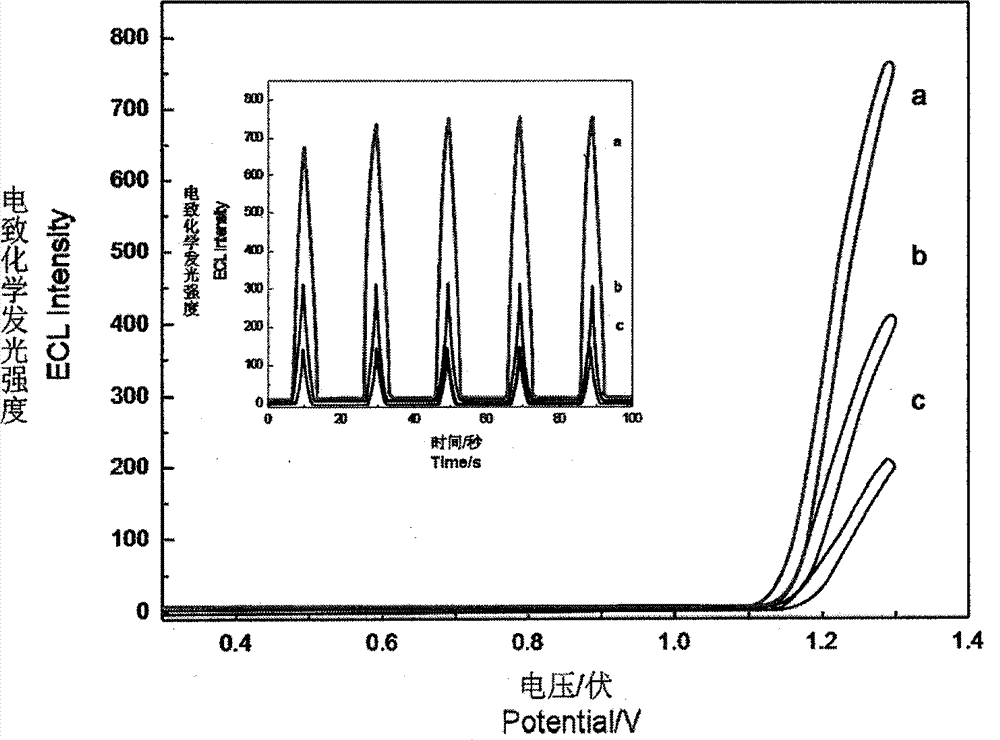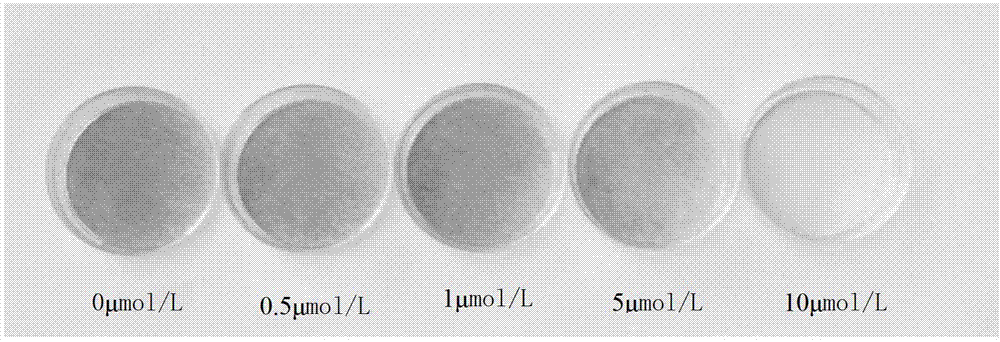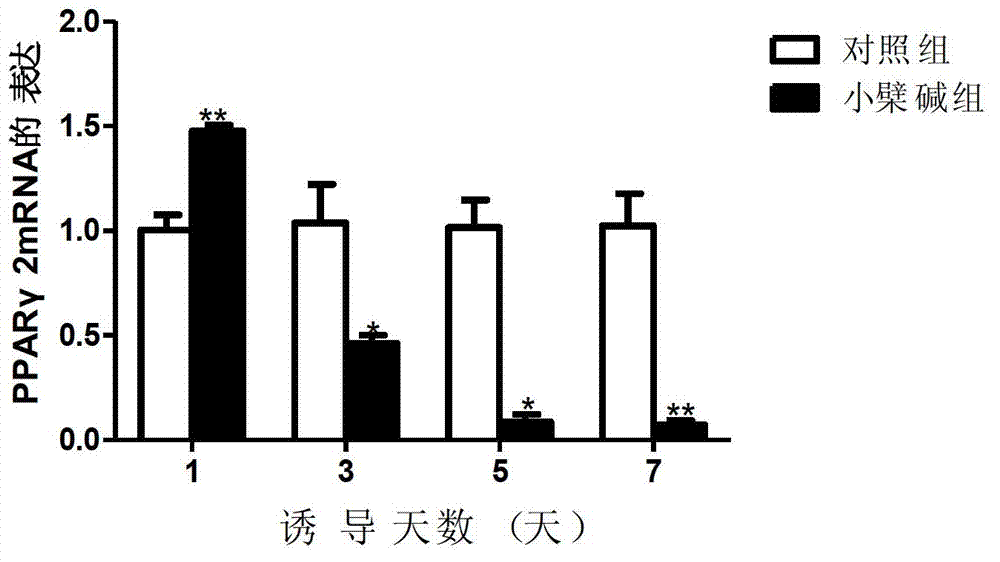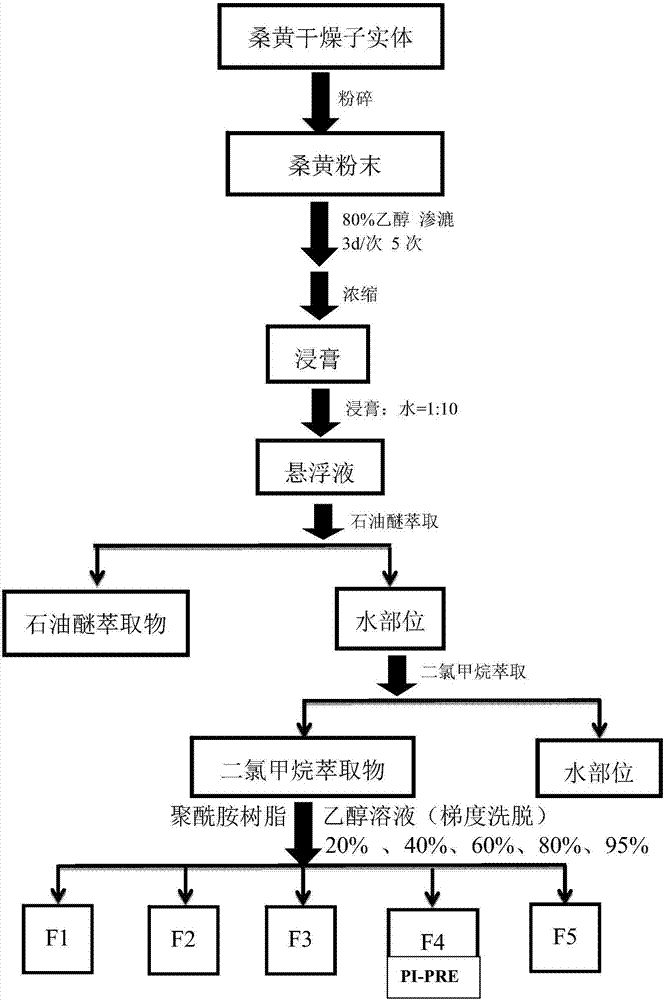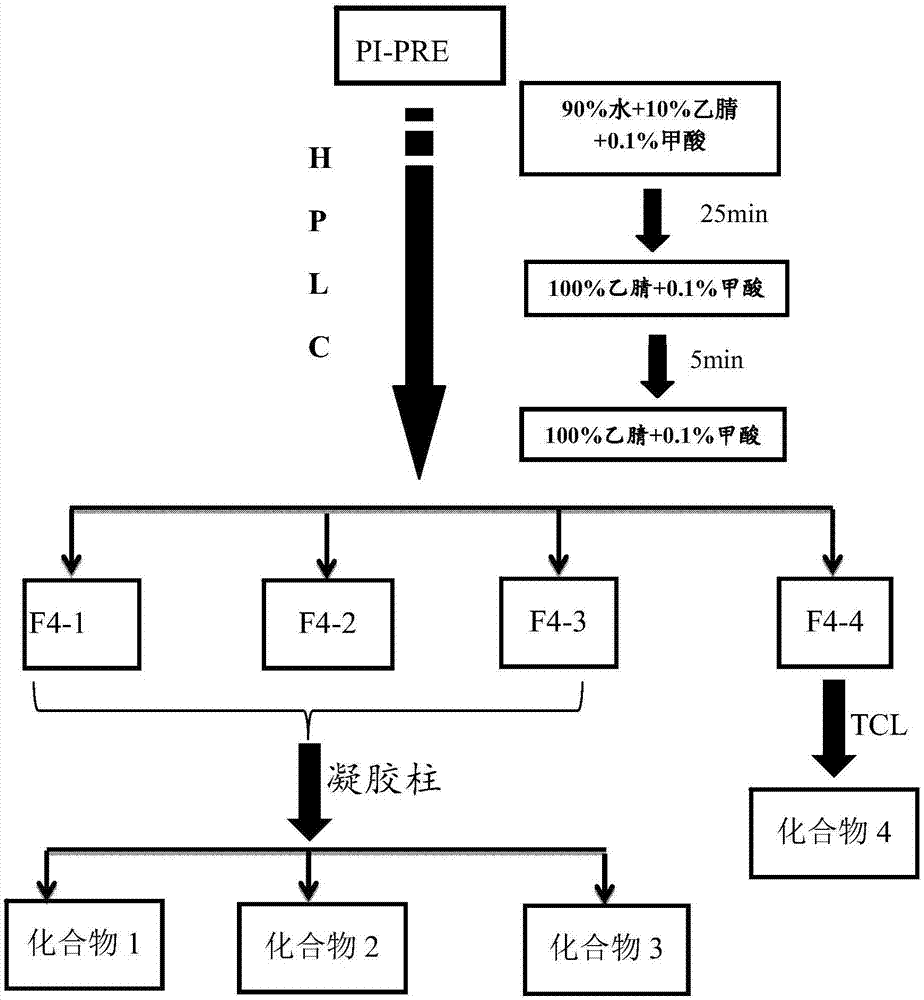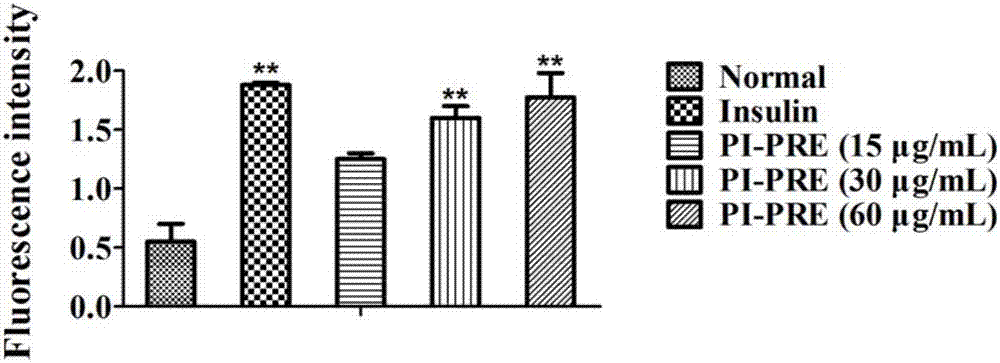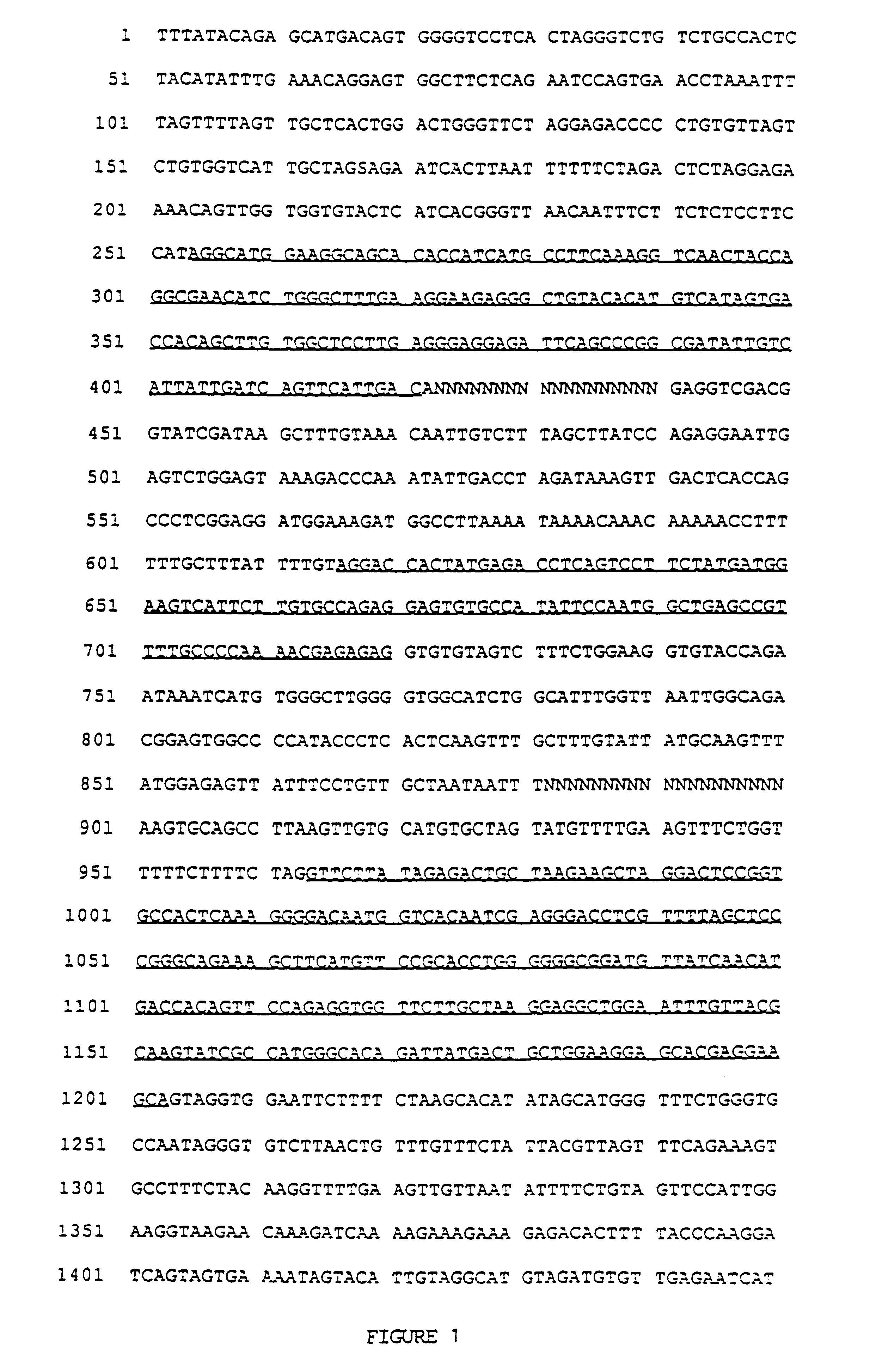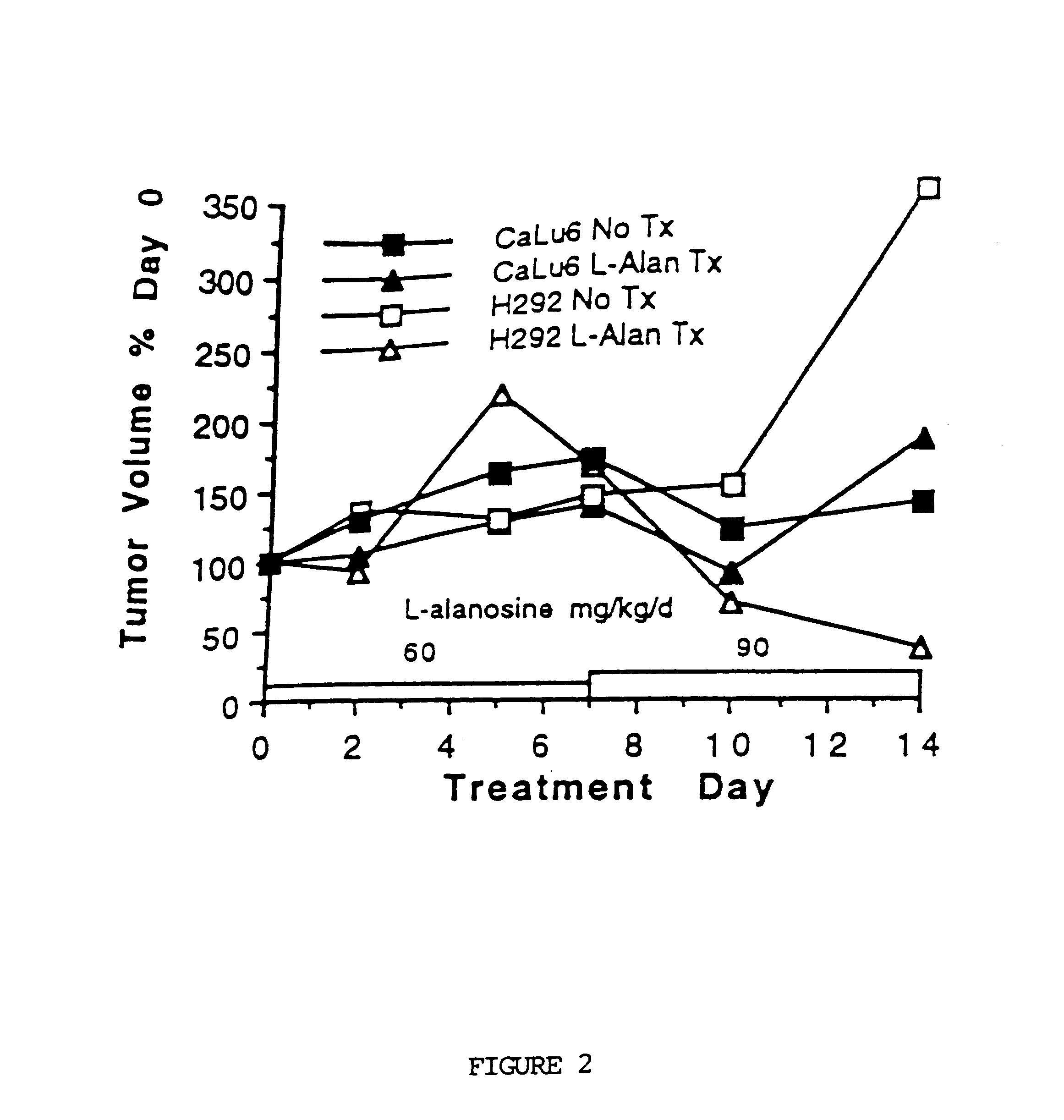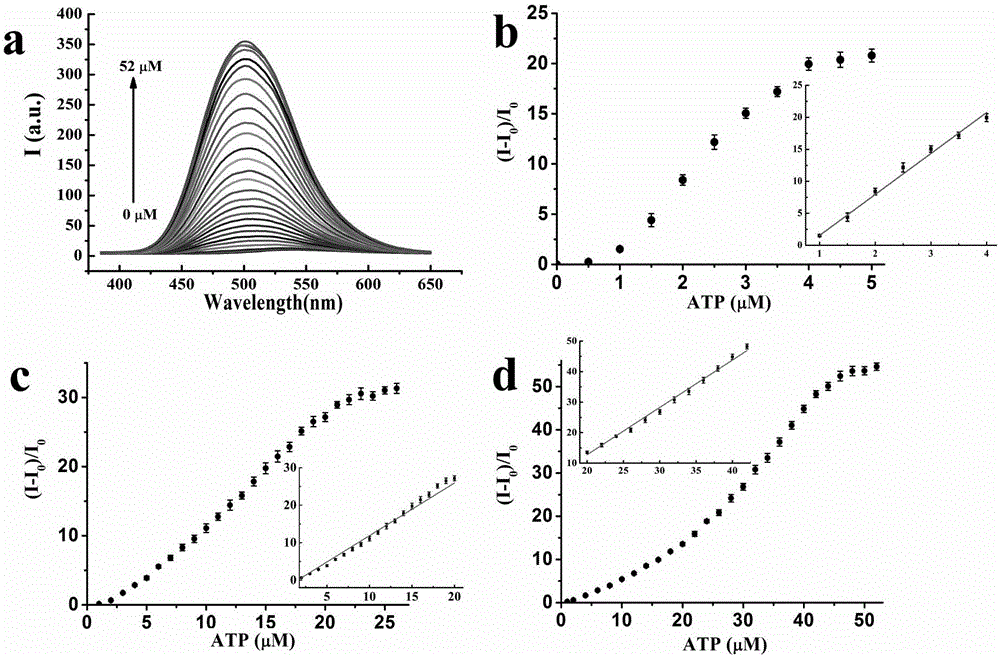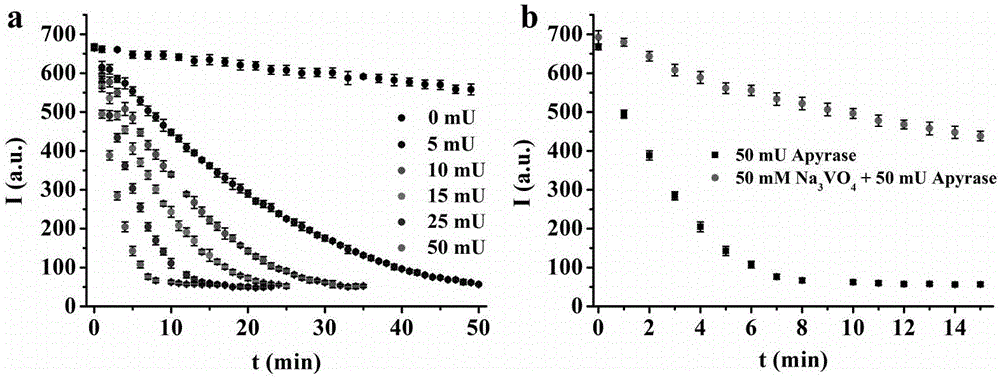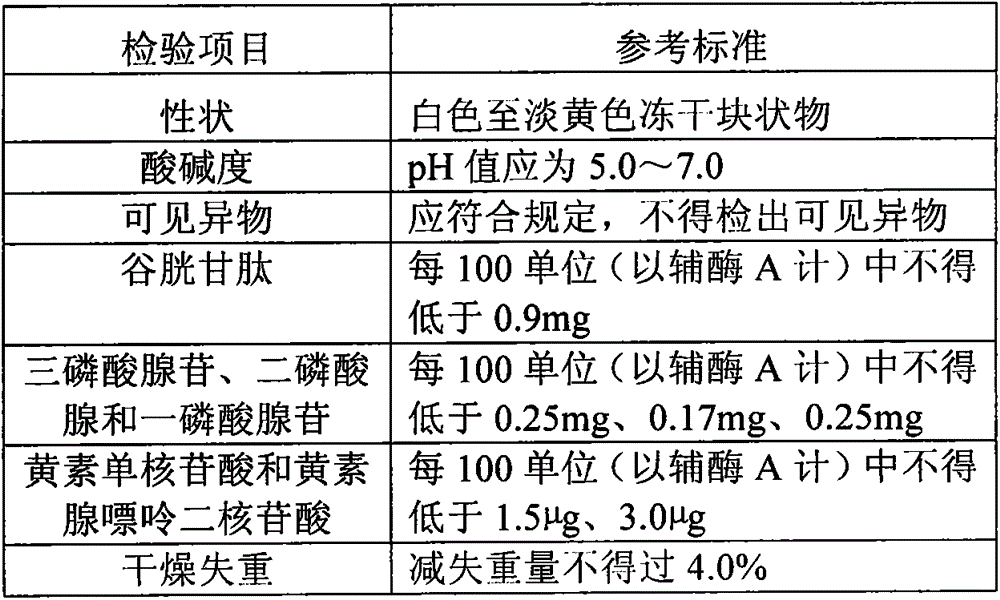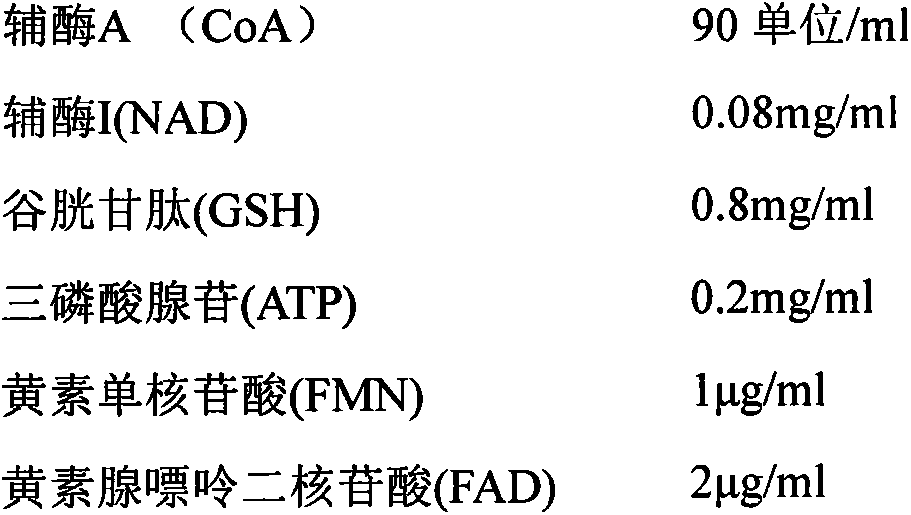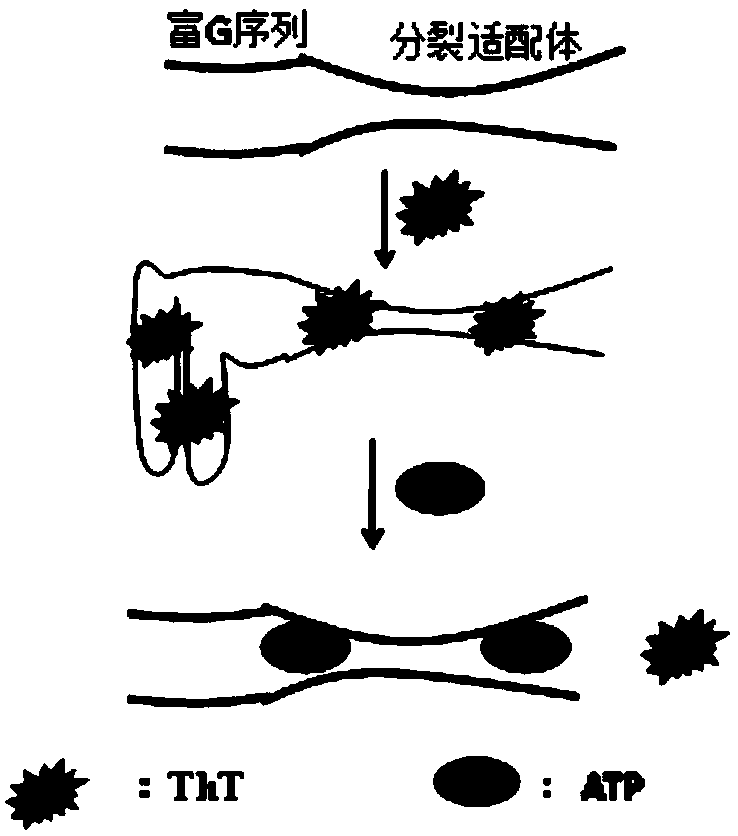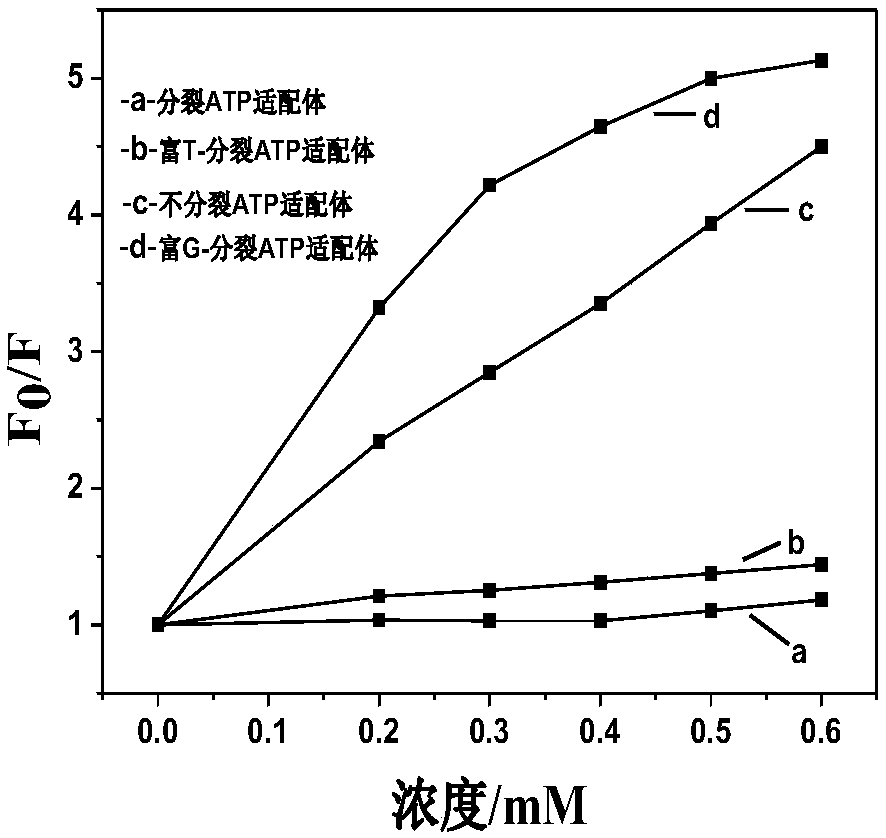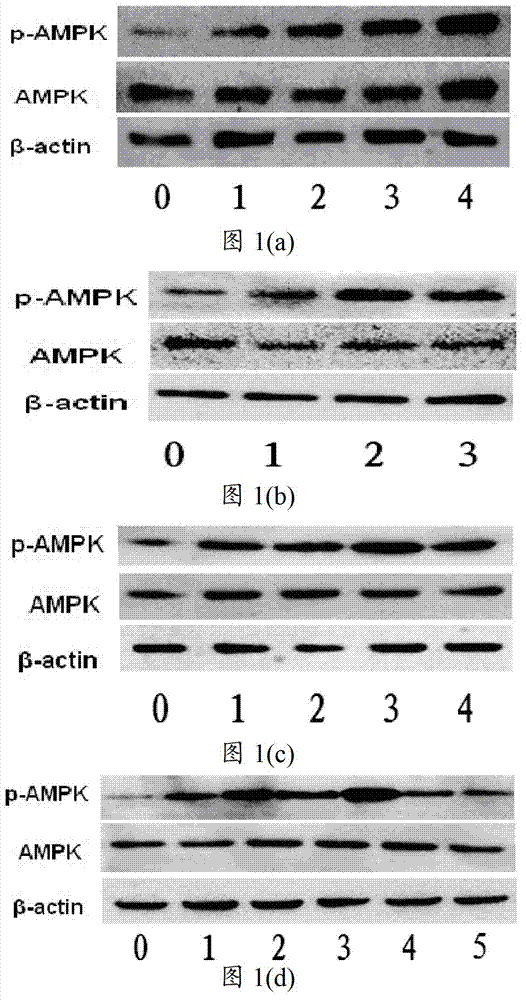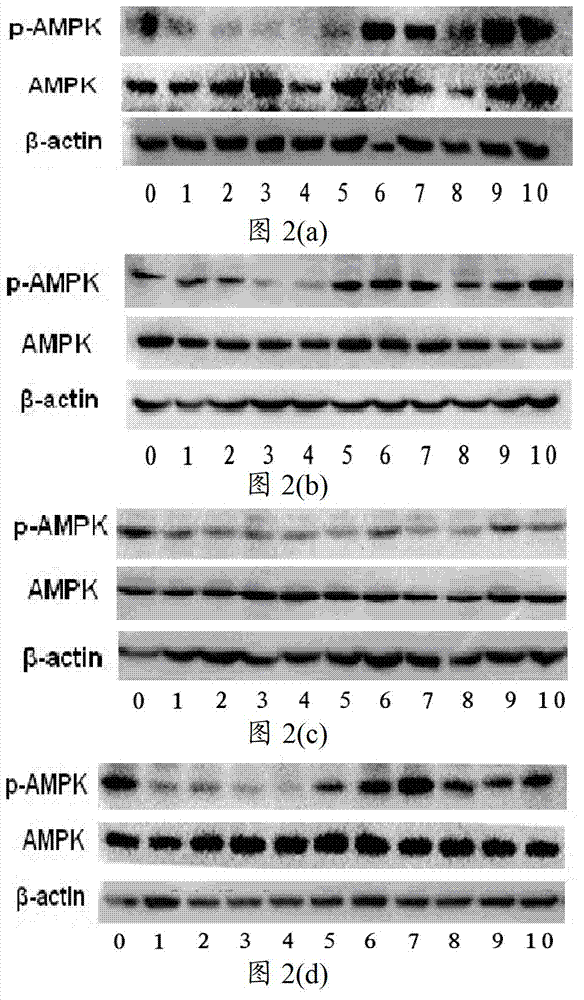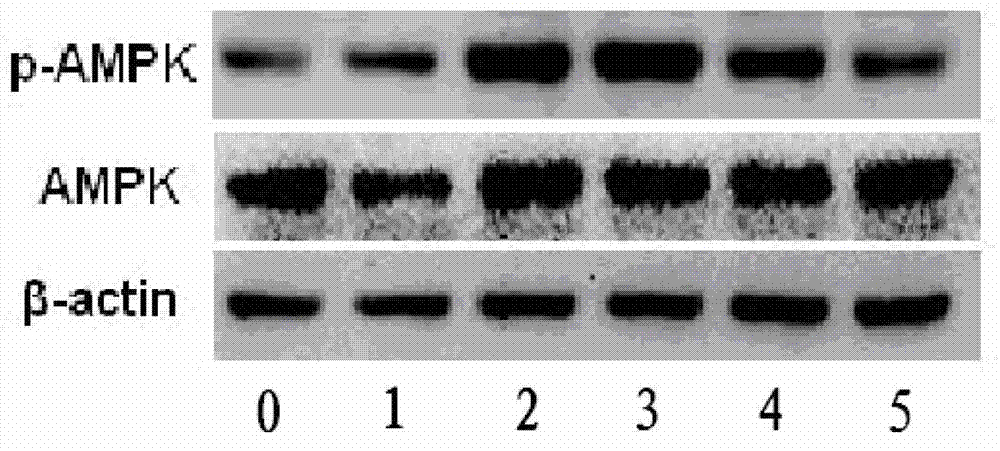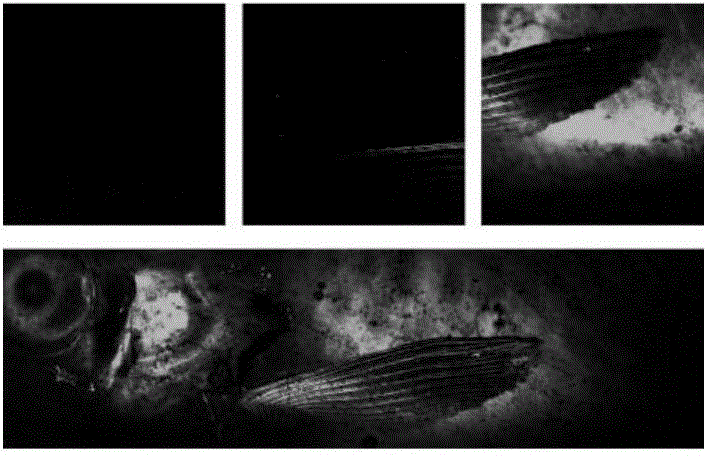Patents
Literature
Hiro is an intelligent assistant for R&D personnel, combined with Patent DNA, to facilitate innovative research.
195 results about "Adenosine 5 monophosphate" patented technology
Efficacy Topic
Property
Owner
Technical Advancement
Application Domain
Technology Topic
Technology Field Word
Patent Country/Region
Patent Type
Patent Status
Application Year
Inventor
Adenosine monophosphate (AMP), also known as 5'-adenylic acid, is a nucleotide. AMP consists of a phosphate group, the sugar ribose, and the nucleobase adenine; it is an ester of phosphoric acid and the nucleoside adenosine. As a substituent it takes the form of the prefix adenylyl-.
Cyclic di-amp induction of type i interferon
InactiveUS20120164107A1Increase secretionDecrease c-di-AMP phosphodiesterase activityBiocideBacteriaCyclaseProtein composition
Methods of modulating type-I interferon production in a cell are provided. Aspects of the methods include modulating cytosolic cyclic di-adenosine monophosphate (c-di-AMP) activity in the cell in a manner sufficient to modulate type-I interferon production in the cell. Additional aspects of the invention include c-di-AMP activity modulatory compositions, e.g., c-di-AMP, mutant Listeria bacteria, cyclase and / or phosphodiesterase nucleic acid or protein compositions, etc. The subject methods and compositions find use in a variety of applications, including therapeutic applications.
Owner:RGT UNIV OF CALIFORNIA
Medical prosthetic devices and implants having improved biocompatibility
Disclosed are medical prosthetic devices or medical implants which exhibit improved biocompatitibly. The devices or implants include a metal material, e.g. titanium, in which the metal surface parts are coated with a corresponding hydride material that contains one or more biomolecule substance. This biomolecule substance may contain one or more biologically active molecules, e.g. bio-adhesives, biopolymers, blood proteins, enzymes, extra cellular matrix proteins, extra cellular matrix biomolecules, growth factors and hormones, peptide hormones, deoxyribonucleic acids, ribonucleic acids, receptors, enzyme inhibitors, drugs, biologically active anions and cations, vitamins, adenosine monophosphate (AMP), adenosine diphosphate (ADP), adenosine triphosphate (ATP), marker biomuolecules, amino acids, fatty acids, nucleotides (RNA and DNA bases), or sugars.
Owner:STRAUMANN HLDG AG
Indole and indazole compounds that activate ampk
The present invention relates to indole and indazole compounds of Formula (I)that activate 5′ adenosine monophosphate-activated protein kinase (AMPK). The invention also encompasses pharmaceutical compositions containing these compounds and methods for treating or preventing diseases, conditions, or disorders ameliorated by activation of AMPK.
Owner:PFIZER INC
Method for regenerating ATP (adenosine triphosphate) by enzyme process and application thereof
InactiveCN105861598AReduce usagePromote regenerationTransferasesFermentationPhosphoric acidEnzyme catalysis
The invention discloses a method for regenerating ATP by enzymatic method, which comprises the following steps: (1) preparing and obtaining ATP regenerating enzyme; (2) regenerating ATP in reaction liquid; (3) separating products and ATP regenerating enzyme. According to the method for regenerating ATP of the present invention, it has the following beneficial effects: (1) adopt three kinds of ATP regenerating enzymes of novel Ppk, Adk and Pap, the ATP consumed in the enzymatic reaction can be recycled and regenerated, greatly reducing the amount of ATP used, regenerated The process is simple and efficient, the reaction is easy to control, and the stability is high. (2) The substrate polyphosphoric acid or its salt to be added to the reaction is cheap and less polluting. (3) The enzymatic reaction does not need to add expensive ATP to start the reaction, add ADP or cheap AMP. (4) ATP regenerating enzyme recovery system was established, which is suitable for large-scale industrial production.
Owner:SHENZHEN GSH BIO TECH CO LTD
Inhibitors of ADP-ribosyl transferases, cyclases, and hydrolases
The present invention provides compounds having the formula: wherein A is a nitrogen-, oxygen-, or sulfur-linked aryl, alkyl, cyclic, or heterocyclic group, the group being further substituted with an electron contributing moiety; B is hydrogen, or a halogen, amino, or thiol group; C is hydrogen, or a halogen, amino, or thiol group; and D is a primary alcohol, a hydrogen, or an oxygen, nitrogen, carbon, or sulfur linked to phosphate, a phosphoryl group, a pyrophosphoryl group, or adenosine monophosphate through a phosphodiester or carbon-, nitrogen-, or sulfur-substituted phosphodiester bridge, or to adenosine diphosphate through a phosphodiester or carbon-, nitrogen-, or sulfur-substituted pyrophosphodiester bridge. The present invention also provides pharmaceutical compositions containing the above compounds, methods of using the above compounds as pharmaceuticals, and processes for preparing the above compounds. Also provided are methods for inhibiting an ADP-ribosyl transferase, ADP-ribosyl cyclase, ADP-ribosyl hydrolase, or NAD-dependent deacetylase enzyme, and methods for treating a disease or condition associated with an ADP-ribosyl transferase, ADP-ribosyl cyclase, ADP-ribosyl hydrolase, or NAD-dependent deacetylase enzyme in a subject in need of treatment thereof.
Owner:ALBERT EINSTEIN COLLEGE OF MEDICINE OF YESHIVA UNIV
Weaned piglet nucleotide feed additive
InactiveCN102987169AImprove antioxidant capacityEnhance immune functionAnimal feeding stuffBiotechnologyGuanosine monophosphate
The invention discloses a weaned piglet nucleotide feed additive. The weaned piglet nucleotide feed additive comprises, by weight, 0.8 to 1.3 of adenosine monophosphate 5'-AMP, 0.3 to 0.8 of cytidine monophosphate 5'-CMP, 1.1 to 1.5 of guanosine monophosphate 5'-GMP and 0.7 to 1.4 of uridine monophosphate 5'UMP. The invention further discloses a preparation method and an application of the feed additive. According to the weaned piglet nucleotide feed additive, stress reaction of weaned piglets can be effectively relieved, the piglet grazing rate and the feed utilization efficiency are improved, the oxidation resistance and the immune function of weaned piglets are improved apparently, the organic resistance is enhanced, and accordingly, important significances are provided for modern scientific, intensive and large-scale pig production.
Owner:NANJING BIOTOGETHER
Multifunctional photoelectrochemical sensor based on G-tetrahedron/hemin
The invention relates to a novel and multifunctional photoelectrochemical sensor which is capable of triggering the light current of a water-soluble PbX (X represents sulfur or selenium) quantum dot to be increased based on G-tetrahedron / hemin. The G-tetrahedron / hemin is formed on the surface of the PbX (X represents sulfur or selenium) quantum dot by the specific identification reaction between a target object to be measured and nucleic acid recognition molecules fixed on the surface of an electrode. The G-tetrahedron / hemin compound is taken as an electron acceptor of the quantum dot and is used for carrying out catalytic reduction on dissolved oxygen, so that the separation efficiency of the photo-induced charges of the quantum dot can be improved, and the light current of the PbX (X represents sulfur or selenium) quantum dot can be increased. According to the multifunctional photoelectrochemical sensor, multiple target objects (such as DNA, thrombin, triphosadenine, adenosine monophosphate and lead (II) ions) are unmarked by selecting nucleic acid probes with different sequences; the multifunctional photoelectrochemical sensor is simple, convenient and high in sensitivity and selectivity when being used for measurement.
Owner:JIANGNAN UNIV
Medical prosthetic devices and implants having improved biocompatibility
InactiveUS20060155384A1Electrolytic inorganic material coatingBone implantZirconium hydrideEnzyme Inhibitor Drugs
A medical prosthetic device or medical implant containing a metal material (A) selected from the group consisting of titanium or an alloy thereof, zirconium or an alloy thereof, tantalum or an alloy thereof, hafnium or an alloy thereof, niobium or an alloy thereof and a chromium-vanadium alloy, wherein surface parts of the metal material (A) are coated with a layer of a corresponding hydride material (B) selected from titanium hydride, zirconium hydride, tantalum hydride, hafnium hydride, niobium hydride and chromium and / or vanadium hydride, respectively, said device or implant being characterised in that the layer of hydride material (B) comprises one or more biomolecule substances (C) associated therewith. The device or implant exhibits improved biocompatibility. The metal material (A) is preferably titanium. The biomolecule substance (C) may be selected from the following types of substances: Natural or recombinant bio-adhesives; natural or recombinant cell attachment factors; natural, recombinant or synthetic biopolymers; natural or recombinant blood proteins; natural or recombinant enzymes; natural or recombinant extracellular matrix proteins; natural or synthetic extracellular matrix biomolecules; natural or recombinant growth factors and hormones; natural, recombinant or synthetic peptide hormones; natural, recombinant or synthetic deoxyribonucleic acids; natural, recombinant or synthetic ribonucleic acids; natural or recombinant receptors; enzyme inhibitors; drugs; biologically active anions and cations; vitamins; adenosine monophosphate (AMP), adenosine diphosphate (ADP) or adenosine triphosphate (A TP); marker biomolecules; amino acids; fatty acids; nucleotides (RNA and DNA bases); and sugars.
Owner:NUMERICAL TECH INC
Cyclic di-AMP induction of type I interferon
InactiveUS9061048B2Increase secretionEnhance di-adenylate cyclase activityBiocideBacteriaCyclaseProtein composition
Methods of modulating type-I interferon production in a cell are provided. Aspects of the methods include modulating cytosolic cyclic di-adenosine monophosphate (c-di-AMP) activity in the cell in a manner sufficient to modulate type-I interferon production in the cell. Additional aspects of the invention include c-di-AMP activity modulatory compositions, e.g., c-di-AMP, mutant Listeria bacteria, cyclase and / or phosphodiesterase nucleic acid or protein compositions, etc. The subject methods and compositions find use in a variety of applications, including therapeutic applications.
Owner:RGT UNIV OF CALIFORNIA
Inhibitors of ADP-ribosyl transferases, cyclases, and hydrolases
The present invention provides compounds having the formula: wherein A is a nitrogen-, oxygen-, or sulfur-linked aryl, alkyl, cyclic, or heterocyclic group, the group being further substituted with an electron contributing moiety; B is hydrogen, or a halogen, amino, or thiol group; C is hydrogen, or a halogen, amino, or thiol group; and D is a primary alcohol, a hydrogen, or an oxygen, nitrogen, carbon, or sulfur linked to phosphate, a phosphoryl group, a pyrophosphoryl group, or adenosine monophosphate through a phosphodiester or carbon-, nitrogen-, or sulfur-substituted phosphodiester bridge, or to adenosine diphosphate through a phosphodiester or carbon-, nitrogen-, or sulfur-substituted pyrophosphodiester bridge.The present invention also provides pharmaceutical compositions containing the above compounds, methods of using the above compounds as pharmaceuticals, and processes for preparing the above compounds.Also provided are methods for inhibiting an ADP-ribosyl transferase, ADP-ribosyl cyclase, ADP-ribosyl hydrolase, or NAD-dependent deacetylase enzyme, and methods for treating a disease or condition associated with an ADP-ribosyl transferase, ADP-ribosyl cyclase, ADP-ribosyl hydrolase, or NAD-dependent deacetylase enzyme in a subject in need of treatment thereof.
Owner:ALBERT EINSTEIN COLLEGE OF MEDICINE OF YESHIVA UNIV
Cancer with metabolic therapy and hyperbaric oxygen
InactiveUS20140072654A1Raise the possibilityIncrease productionBiocidePeroxide active ingredientsDiseaseAcetoacetates
The present invention demonstrates the therapeutic use of ketone esters for seizure disorders, Alzheimer's disease malignant brain cancer, and other cancers, which are associated with metabolic dysregulation. The administration of a ketogenic diet, such as ketone esters, while concurrently subjecting the patient to a hyperbaric, oxygen-enriched environment resulted in therapeutic ketosis. Optionally, the hyperbaric, oxygen-enriched environment is 100% oxygen at 2.5 ATA absolute. The ketone esters may be derived from acetoacetate and can include R,S-1,3-butanediol acetoacetate monoester, R,S-1,3-butanediol acetoacetate diester, or a combination of the two. The treatment may further include administering at least 10% ketone supplementation, such as acetoacetate, adenosine monophosphate kinase, 1,3-butanediol, or ketone ester, to the patient.
Owner:UNIV OF SOUTH FLORIDA
Composition and preparation method of targeting liposome-cyclic dinucleotide and application of targeting liposome-cyclic dinucleotide to anti-tumor
ActiveCN106667914AProlong metabolic cycleEnhance the effect of anti-tumor therapyOrganic active ingredientsNervous disorderTumor targetCholesterol
The invention belongs to the technical field of medicines, and particularly discloses a composition and a preparation method of cyclic dinucleotide cGAMP (cyclic Guanosine Adenosine Monophosphate) encapsulated by a targeting liposome and application of the cyclic dinucleotide cGAMP to anti-tumor. The targeting liposome consists of lecithin, cholesterol, polyethylene glycol and the like as well as a link targeting molecule of the targeting liposome; a cGAMP slow release drug encapsulated by the targeting liposome can be used for enhancing the intensifying cell osmosis action, enhancing an immune reaction, effectively targeting drug delivery and intensifying the inhibition on the growth of multiple tumor cells. Therefore, the cGAMP encapsulated by the targeting liposome can be used for preparing an anti-tumor targeting slow release drug, and has important potential application in the field of targeting immune anti-tumor.
Owner:HANGZHOU XINGAO BIOTECH CO LTD
Energy-protective composition comprising adenosine phosphates
Compositions comprising the nucleotides adenosine diphosphate and adenosine monophosphate, and their use for neutralizing effects of excess incident energy on the human body, particularly effects of ionizing radiation from nuclear or radiological energy sources, are disclosed and claimed.
Owner:N R YOUSSEF
Low-carbon energy-saving latex paint and preparation method thereof
ActiveCN102051095AIncrease elasticityHigh solid contentAnti-corrosive paintsEmulsion paintsLow speedAdenosine 5 monophosphate
The invention discloses a low-carbon energy-saving latex paint and a preparation method thereof. The low-carbon energy-saving latex paint comprises water, hydroxyethyl cellulose thickener, AMP(adenosine monophosphate)-95 multifunctional assistant, wetting dispersant, defoamer, film-forming assistant, glycol, titanium pigment, 600-mesh triple superphosphate, calcined kaolin, talcum powder, vinyl acetate-acrylate copolymer emulsion, preservative and mildew inhibitor. The preparation method comprises the following steps: A. proportionally adding water into a stirred tank, sequentially adding the hydroxyethyl cellulose thickener, multifunctional assistant, wetting dispersant, defoamer, film-forming assistant and glycol, and dispersing at a medium speed; B. adding the titanium pigment, 600-mesh triple superphosphate, calcined kaolin and talcum powder, and dispersing at a high speed until the degree of fineness is less than 50 mu m; and C. dispersing at a low speed, adding the vinyl acetate-acrylate copolymer emulsion, preservative and mildew inhibitor, and evenly stirring to obtain the low-carbon energy-saving latex paint. The product disclosed by the invention has the advantages of high solid content, low VOC (volatile organic compound), light smell, and favorable film-forming property, and is environment-friendly, low-carbon and energy-saving, and is healthy.
Owner:中山市丽莎涂料有限公司
Hydrothermal method synthesized photosensitive gold-silver alloy nanocluster adopting micromolecular adenosine monophosphate as protection ligand
InactiveCN107127354ALow costIncrease costMaterial nanotechnologyTransportation and packagingQuantum yieldAlloy
The invention discloses a hydrothermal method synthesized photosensitive gold-silver alloy nanocluster adopting micromolecular adenosine monophosphate as a protection ligand, and belongs to the technical field of preparation of gold-silver alloy nanoclusters. The photosensitive gold-silver alloy nanocluster is prepared through the steps of sequentially adding an adenosine monophosphate solid sample, deionized water, a chloroauric acid aqueous solution, a silver nitrate aqueous solution and a sodium citrate aqueous solution into a reaction kettle, wherein adenosine monophosphate is the protection ligand, and sodium citrate is adopted as a reducing agent and reduces trivalent gold ions into nulvalent and univalent gold; after hydrothermal reaction, slowly cooling a reactant to the room temperature, so as to obtain a gold-silver alloy nanocluster product adopting micromolecular adenosine monophosphate as the protection ligand; and carrying out purification through an acetone precipitation method or dialysis method, so as to obtain a target product. The adenosine monophosphate protected fluorescent gold-silver alloy nanocluster has the advantages that operation is simple, efficient, time-saving, eco-friendly and environmentally-friendly and photosensitivity is achieved, the nanocluster gives out orange light, fluorescent quantum yield is relatively high, and the nanocluster has relatively large application potentials in the aspect of biology.
Owner:JILIN UNIV
Targeting cancer with metabolic therapy and hyperbaric oxygen
ActiveUS20150231172A1Good curative effectReversal of the cancer-promoting effectsBiocideHydroxy compound active ingredientsAcetoacetatesKetone
A method of treating cancer using ketogenic diet, while concurrently subjecting the patient to a hyperbaric, oxygen-enriched environment. Optionally, the hyperbaric, oxygen-enriched environment is 100% oxygen at 2.5 ATA absolute. The treatment may further include administering at least 10% ketone supplementation, such as acetoacetate, adenosine monophosphate kinase, 1,3-butanediol, or ketone ester, to the patient.
Owner:UNIV OF SOUTH FLORIDA
Electroluminescence logic gate adopting adenosine monophosphate and adenosine deaminase as excimers
The invention relates to electrochemiluminescence DNA logic gate constructed by adopting adenosine monophosphate and adenosine deaminase as excimers based on a specific binding effect of a aptamer and a ligand thereof, and a deamination effect of adenosine deaminase, wherein adenosine monophosphate aptamer-containing single-stranded DNA and two single-stranded DNA modified with a luminescence agent and a quenching agent are subjected to hybridization to form the DNA logic gate. According to the present invention, after adenosine monophosphate and the aptamer thereof are subjected to specific binding, the luminescence agent-modified single-stranded DNA is released, and is captured by the carbon nanotube-modified electrode so as to enhance the electrochemiluminescence signal; adenosine deaminase is added to catalyze deamination of adenosine monophosphate so as to destruct the binding effect of the adenosine monophosphate and the aptamer, and the aptamer and the luminescence agent-modified single-stranded DNA form the hybrid so as to separate from the electrode and reduce the electrochemiluminescence signal; and through the improvement of the logic gate structure and the introduction of the quenching agent, the background interference is reduced, and the detection sensitivity is improved.
Owner:LINYI UNIVERSITY
Application of berberine in pharmacy
InactiveCN103040821AInhibition of differentiationReduce lipolysisOrganic active ingredientsMetabolism disorderHormone-sensitive lipasePhosphorylation
The invention belongs to the field of medicine preparation, and in particular relates to an application of berberine in preparing medicines for treating obesity and type-2 diabetes, medicines for suppressing fat cell differentiation and medicines for prompting phosphodiesterase activity. According to the application, a 3T3-L1 fat cell is taken as a research target, the experiment result shows that the berberine can suppress 3T3-L1 fat cell differentiation, and particularly when the berberine concentration is 10micon mol / L, the fat cell differentiation can be completely suppressed; the berberine can reduce expression of fat cell transcription factors such as C / EBPalpha, PPARgamma and the like by activating AMPK (Adenosine Monophosphate Activated Protein Kinase), and suppress the differentiation of the fat cell; and the berberine can increase the degradation of cAMP in cells and reduce the phosphorylation level of HSL (Hormone Sensitive Lipase) by reducing the suppression to PED activity so as to achieve the function of steatolysis prevention. The preparation provides experimental data and theoretic basis for treating of type-2 diabetes and obesity patients by using the berberine more reasonably in clinic.
Owner:SHANGHAI INST FOR ENDOCRINE & METABOLIC DISEASES
Protein protectant
ActiveCN106199007ALong validity periodBiological material analysisBiological testingHeat shockCyclodextrin
The invention provides a series of protein protective solutions which are capable of effectively protecting the activity of Hsp90 (Heat Shock Protein90) alpha protein and increasing the stability of the Hsp90alpha protein and are invariant under the concentration in nanogram level. On the basis of a traditional protein protectant, other protectant components are added in the protein protective solutions, and the other protectant components are selected from AMP (Adenosine Monophosphate), heparin sodium, MgCl2, PVP40 (Polyvinylpyrrolidone 40), tea polyphenol, cyclodextrin and K2SO4.
Owner:YANTAI PROTGEN BIOTECH DEV
Method for measuring concentration of asymmetric dimethylarginine and diagnostic reagent kit
ActiveCN102154444AConvenient and practical determinationMicrobiological testing/measurementCitrullineAMP deaminase
The invention relates to a method for measuring the concentration of asymmetric dimethylarginine and a diagnostic reagent kit. The method comprises the following steps of: degrading asymmetric dimethylarginine (ADMA) by adopting dimethylarginine dimethylamino hydrolase to generate dimethylamine and citrulline; reacting the citrulline with adenosine triphosphate (ATP) and aspartate under the action of arginine succinate synthetase to generate adenosine monophosphate (AMP); generating inosine monophosphate (IMP) and ammonia by the AMP under the action of AMP deaminase; generating oxidization nicotinamide adenine dinucleotide (NAD) by the ammonia and deamination NAD under the action of NAD synzyme; and calculating the concentration of the ADMA by detecting the concentration of the NAD. The method and the reagent kit are accurate in results, and high in speed, repeatability and interference resistance, and are convenient to popularize and use.
Owner:BEIJING STRONG BIOTECH INC
Health-care instant powder for people suffering from hyperlipidemia, hypertension and hyperglycemia and preparation method of health-care instant powder
InactiveCN106036842AOutstanding lipid-lowering effectRich in trace elementsNatural extract food ingredientsFood extractionAcute hyperglycaemiaFish oil
The invention discloses health-care instant powder for people suffering from hyperlipidemia, hypertension and hyperglycemia. The health-care instant powder is prepared from raw materials as follows: dendrobium officinale, soybean meal, tea powder, kelp powder, tapioca flour, rice bran, fish oil, mushroom powder, laver powder, spina date seeds, bitter gourd powder, peach kernel powder, oat meal, cyclocarya paliurus leaves, ginseng, tuber fleeceflower roots, safflower, Chinese angelica, szechuan lovage rhizomes, fructus lycii, twotooth achyranthes roots, roots of redsepal eveningprimrose, pseudo ginseng, hawthorn fruits, lotus leaves, ginkgo leaves, pinellia tuber, cassia seeds, liquorice, pinus densiflora leaves, hemp fruits, persimmon leaves, parslane herbs, beewax, bottle brush herbs, wintercherries, dahurian rose fruits, motherwort herbs, earthworms, eucommiae folium, kudzuvine roots, cellulase, pectinase, black fungus polysaccharide extracts, a vitamin mixture, dextrin, 6-hydroxyflavanone, steviosin, adenosine monophosphate and mannitol. The invention further provides a preparation method of the health-care instant powder for people suffering from hyperlipidemia, hypertension and hyperglycemia. The health-care instant powder containing dendrobium officinale tastes mellow and sweet and can effectively reduce lipid, blood pressure and blood glucose of people suffering from hyperlipidemia, hypertension and hyperglycemia.
Owner:安徽皖斛堂生物科技有限公司
Drug composite for curing diabetes and preparation method and application thereof
ActiveCN107441078AGood hypoglycemic activityIncrease intakeOrganic chemistryKetone active ingredientsPhosphateGlucose uptake
The invention provides a drug composite for curing diabetes and a preparation method and an application thereof, and belongs to the field of medicine. The drug composite for curing diabetes comprises at least one of Inoscavin C, 7,3'-dihydroxyl-5'-methoxyl isoflavone, 7,8-dihydroxy coumarin and 3,4-dihydroxy benzylidene acetone, and medically acceptable carriers or auxiliary materials. The application of the drug composite is wide and comprises that the drug composite is applied to preparing an agonist for promoting glucose uptake, preparing an agonist for using adenosine phosphate to activate protein kinase, preparing an agonist of glucose transport protein 4, and preparing a drug for curing or preventing diseases caused by metabolic disturbance or preparing health care products, a new treatment means and thought are provided for treatment of diseases caused by metabolic disturbance, and meanwhile new medical value of phellinus igniarius is further developed.
Owner:SOUTH CENTRAL UNIVERSITY FOR NATIONALITIES
Creamy o/w emulsion composition and production process thereof
ActiveUS20110112045A1Improve emulsion stabilityEffective displayBiocideCosmetic preparationsEmulsionAlcohol
A major object of the present invention is to provide a creamy O / W emulsion composition containing an adenosine phosphate ester, more specifically, to provide a creamy O / W emulsion composition containing an adenosine phosphate ester, which ensures emulsification stability and a superior feel during use. Specifically, the present invention provides a creamy O / W emulsion composition containing the following Components (A) to (F) at the following proportions based on its total amount:(A) not less than 0.1 wt. % of adenosine phosphate ester selected from at least one member selected from the group consisting of cyclic adenosine 3′,5′-monophosphate, adenosine monophosphate, adenosine diphosphate, adenosine triphosphate, and salts thereof;(B) 0.5 to 6 wt. % of polyglycerin fatty acid ester;(C) 0.05 to 0.7 wt. % of acrylic acid-alkyl methacrylate copolymer;(D) 0.5 to 10 wt. % of amphiphilic lipid;(E) 0.5 to 20 wt. % of polyhydric alcohol; and(F) 0.3 to 5 wt. % of self-emulsifiable glycerin fatty acid ester.
Owner:OTSUKA PHARM CO LTD
Method for inhibiting adenylosuccinate synthetase activity in malignant methylthioadenosine phosphorylase deficient cells
InactiveUS6214571B1High activityMinimize ToxicityOrganic active ingredientsMicrobiological testing/measurementMammalPhosphoric acid
An in vivo method for depleting mammalian cells of adenosine 5'-monophosphate (AMP) useful in the treatment of certain cancers is provided. According to the method, a population of cells is obtained from a host and assayed for loss of methylthioadenosine phosphorylase (MTAse) activity. MTAse catabolizes methylthioadenosine to adenine for endogenous salvage incorporation into the intracellular AMP pool. The preferred method for assaying loss of MTAse activity is a hybridization technique for detection of a homozygous loss of the gene which encodes MTAse. Hosts having MTAse deficient tumors are treated with a therapeutically effective amount of an agent which inhibits the activity of adenylsuccinate synthetase, which converts inosine 5-monophosphate to AMP, thus depleting the tumor cells of substrates for de novo AMP production. L-alanosine is the preferred ASS inhibitory agent for use in the method of the invention.
Owner:RGT UNIV OF CALIFORNIA
Fluorescent probe for selectively identifying ATP based on aggregation-induced fluorescence enhancement characteristic, synthetic method and application thereof
ActiveCN106814057AOvercoming easy bleachingOvercoming detectionFluorescence/phosphorescenceHigh concentrationATP Hydrolase
The invention discloses a fluorescent probe for selectively identifying ATP (adenosine triphosphate) based on an aggregation-induced fluorescence enhancement characteristic, a synthetic method and an application thereof. The fluorescent probe 1 is synthesized by taking a benzophenone derivative as a starting material. The invention carries out a detection research on ATP, ADP (adenosine diphosphate), AMP (adenosine monophosphate) and pyrophosphoric acid (PPi) with the fluorescent probe 1, and discoveries that the fluorescent probe has very good sensitivity and selectivity to ATP; compared with the prior art, the invention has the advantages that the synthetic raw material is easy to obtain, the fluorescent probe has high fluorescence quantum yield and strong photobleaching resistance, and the like, and avoids the defect that a conventional fluorescent dye is not suitable for detection under a high concentration; in addition, the fluorescent probe 1 is successfully used for monitoring a reaction process of ATP hydrolase Apyrase in a solution, and is also used for imaging research of ATP in cells. Therefore, the fluorescent probe 1 has a great application prospect in the aspect of detecting the content of in vivo ATP.
Owner:GANNAN NORMAL UNIV
Stable compound coenzyme preparation as well as preparation method and applications thereof
InactiveCN104623626AGood repeatabilityReduce lossOrganic active ingredientsPowder deliveryFlavin adenine dinucleotideDisease
The invention provides a stable compound coenzyme preparation and a preparation method thereof. The main compositions and proportions of the stable compound coenzyme preparation are as follows: 90-120 U of coenzyme A (CoA), 0.1-0.3 mg / ml coenzyme I (NAD), 1-5 mg / ml glutathione (GSH), 1-2.5 mg / ml adenosine triphosphate (ATP), 1.8-12 mu g / ml flavin mononucleotide (FMN), 3-13 mu g / ml flavin adenine dinucleotide (FAD), 0.1-0.4 mg / ml adenosine diphosphate (ADP), 0.2-0.4 mg / ml adenosine monophosphate (AMP), 1.2-15 mu g / ml of adenosine methionine (SAM), 1-5 mg / ml calcium gluconate, 0.5-1.5 mg / ml cysteine hydrochloride, and 0.6-5 mg / ml mannitol. The preparation method overcomes the defects that high-speed centrifugalization is adopted, freeze-drying conditions are not clear and the product stability is poor in the existing method, and the stable compound coenzyme preparation is widely applied to the practices of preparing drugs for treating cardia-cerebrovascular diseases and digestive system diseases.
Owner:BEIJING SL PHARMA +2
Treatment and Prevention of Bone and Joint Disorders
InactiveUS20190015448A1Reduce and preventHydroxy compound active ingredientsSkeletal disorderOsteoblastBone formation
The invention encompasses compositions and methods for effectively treating and / or preventing osteoporosis and related disorders such as osteoarthritis and rheumatoid arthritis, and for promoting overall bone and joint health. This is accomplished by totally addressing the multiple mechanisms that lead to such disorders. The invention includes compositions comprising a combination of agents that effectively suppress, regulate or interfere with the various biochemical processes and mechanisms that increase the risk for development of osteoporosis. The present compositions and methods simultaneously promote bone formation and reduce bone resorption by (a) stimulating osteoblast formation and osteogenesis; (b) suppressing adipocyte differentiation; (c) inhibiting osteoclast formation; and (d) increasing apoptosis of osteoclasts. The inventive compositions used for administration to human and other mammalian subjects having or at risk for development of osteoporosis comprise (1) at least one agent capable of modulating expression and / or activity of one or more of peroxisome activated protein receptor gamma (PPAR-γ), CAAT / enhancer binding protein-α (C / EBPα) and Sterol Regulatory Element-Binding Protein (SREBP-1); (2) at least one agent that activates expression and / or activity of one or more of the osteogenic transcription factors (Runx2 / Cbfα1, Dlx5, Osterix, Msx2); (3) at least one agent that activates expression and / or activity of one or more of bone morphogenetic proteins (BMPs: BMP 2 and 4), alkaline phosphatase (ALP), and osteocalcin; (4) at least one agent capable of activating Wnt / β-catenin signaling pathway; (5) at least one agent that inhibits the activity of pro-oxidants including reactive nitrogen species and reactive oxygen species (ROS); (6) at least one agent that suppresses one or more of inflammatory mediators including interleukins IL-1α, IL-1β, IL-6, NF-κB, TNF-α, matrix metalloproteinases (MMPs) and prostaglandin E2 (PGE2); and (7) at least one agent that induces the expression of and / or activates one or more of adenosine monophosphate-activated protein kinase (AMPK), sirtuin (SIRT1) and adiponectin (AP).
Owner:SUMMIT INNOVATION LABS LLC
Cracking aptamer sensor for ATP (Adenosine Triphosphate) detection and application thereof
ActiveCN109406467ASignificant signal amplificationGood choiceFluorescence/phosphorescenceAptamerSerum samples
The invention discloses a cracking aptamer sensor for ATP (Adenosine Triphosphate) detection and application thereof and belongs to the technical field of biochemistry. According to the cracking aptamer sensor, G-enriched sequences are modified to tail ends of two cracked ATP aptamer segments. ThT and two G-enriched ATP cracking aptamers have a mutual effect to form a fluorescence compound which is better than a complete aptamer / ThT compound. The G-enriched sequences can be used for improving a fluorescence signal, so that the sensitivity of a novel method is improved. With the help of the G-enriched sequences, the detection limit of the ATP aptamer sensor is 5 nM. The method has a good linear relation on ATP from 100 nM to 120 muM. Compared with a ThT substitution based complete aptamer for the ATP detection, which is reported before, the aptamer sensor provided by the invention is more sensitive and has a wider dynamic linear range; the selectivity to ADP (Adenosine Diphosphate), AMP(Adenosine Monophosphate) and the like is obviously improved. The aptamer sensor can be used for detecting the ATP in a complicated biological serum sample.
Owner:SHANGQIU NORMAL UNIVERSITY
AMPK (Adenosine Monophosphate Activated Protein Kinase) activating agent and application thereof in preparation of medicaments for treating diabetes mellitus and/or diabetic complication
ActiveCN102961375AEfficient activationImprove securityPowder deliveryOrganic active ingredientsAMPKLactic acidosis
The invention relates to the field of drugs, and in particular relates to an AMPK (Adenosine Monophosphate Activated Protein Kinase) activating agent and an application of the AMPK activating agent in preparation of medicaments for treating and / or preventing diabetes mellitus and / or diabetic complication. The invention provides an application of 3H-1, 2-benzodithiole-3-thioketone compound which has a structure shown in a formula I and serves as the AMPK activating agent, and an application of the 3H-1, 2-benzodithiole-3-thioketone compound in preparation of medicaments for treating and / or preventing diabetes mellitus and / or diabetic complication. The compound contains no biguanide group, so that no lactic acidosis occurs once the compound serves as the AMPK activating agent, and higher safety is ensured during the preparation of the medicaments for treating and / or preventing diabetes mellitus and / or diabetic complication.
Owner:SUZHOU UNIV
Fluorescent probe AH and preparation and application thereof
ActiveCN105524608AIncreased sensitivityHigh selectivitySugar derivativesBiological testingFluoProbesFluorescence
The invention provides a fluorescent probe AH and preparation and application thereof and specifically provides a fluorescent probe capable of being used for selectively detecting intracellular alkaline phosphatase. The main synthesis method comprises the step of introducing 2',2-hydroxyphenyl benzothiazole (HBT) to an alkaline phosphatase similar substrate micromolecular 5'-adenosine monophosphate (AMP) so as to produce a compound with a structure represented by a formula defined in the description. HBT is produced under the action of the alkaline phosphatase, the selective detection on the alkaline phosphatase is achieved by using difference of a fluorescent property before and after a reaction, and a coloration action on the alkaline phosphatase of a zebra fish body can be exerted.
Owner:DALIAN INST OF CHEM PHYSICS CHINESE ACAD OF SCI
Features
- R&D
- Intellectual Property
- Life Sciences
- Materials
- Tech Scout
Why Patsnap Eureka
- Unparalleled Data Quality
- Higher Quality Content
- 60% Fewer Hallucinations
Social media
Patsnap Eureka Blog
Learn More Browse by: Latest US Patents, China's latest patents, Technical Efficacy Thesaurus, Application Domain, Technology Topic, Popular Technical Reports.
© 2025 PatSnap. All rights reserved.Legal|Privacy policy|Modern Slavery Act Transparency Statement|Sitemap|About US| Contact US: help@patsnap.com
